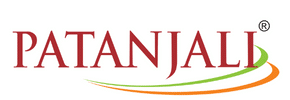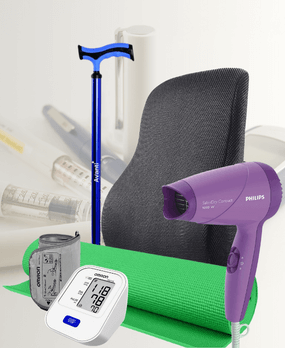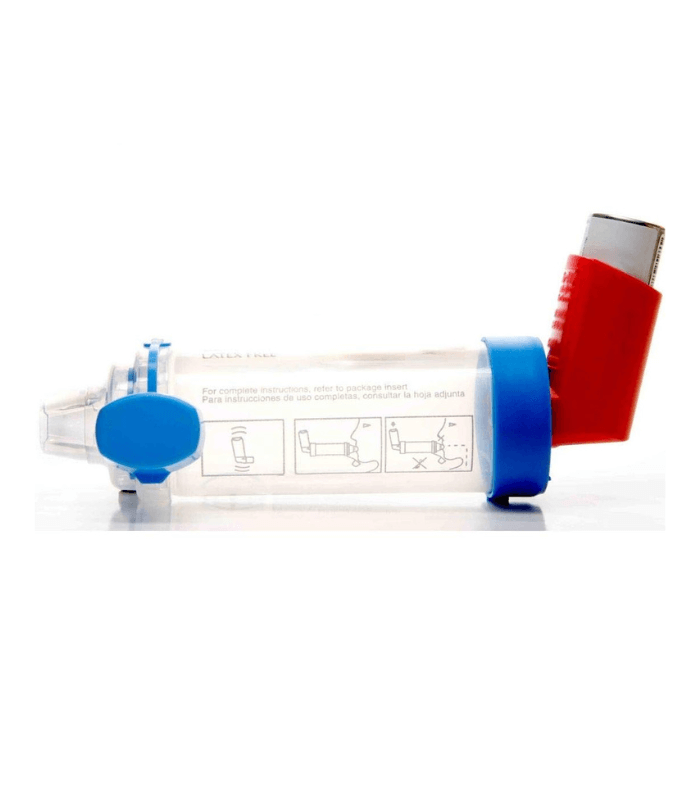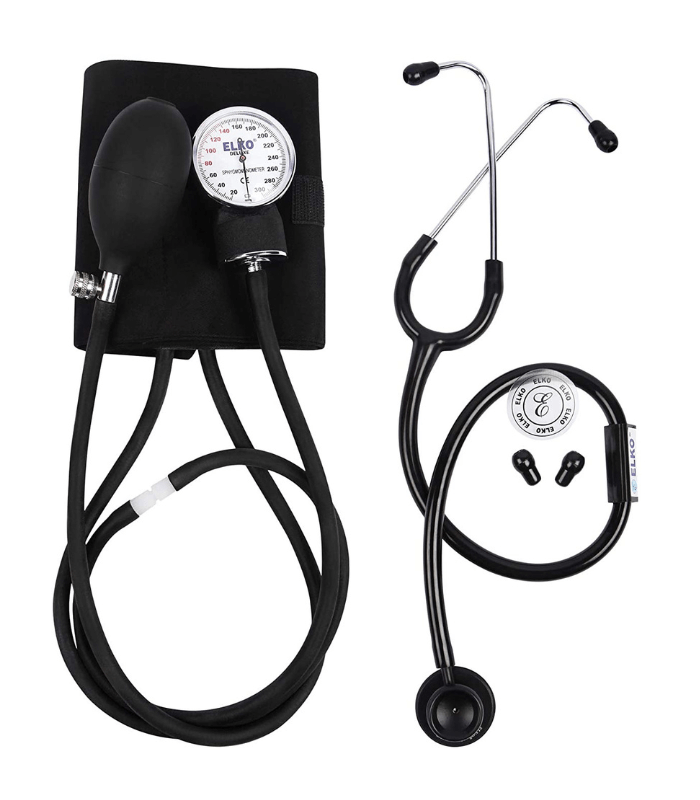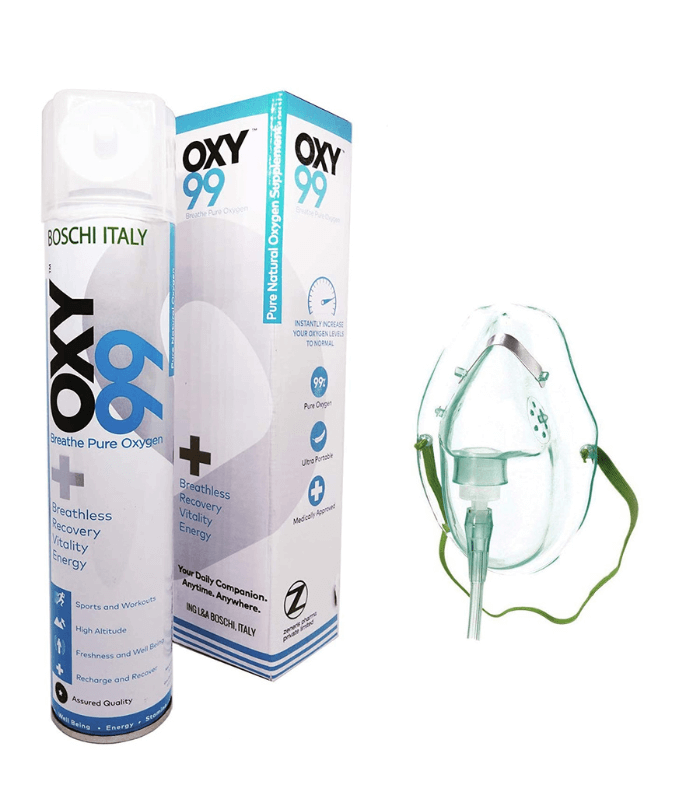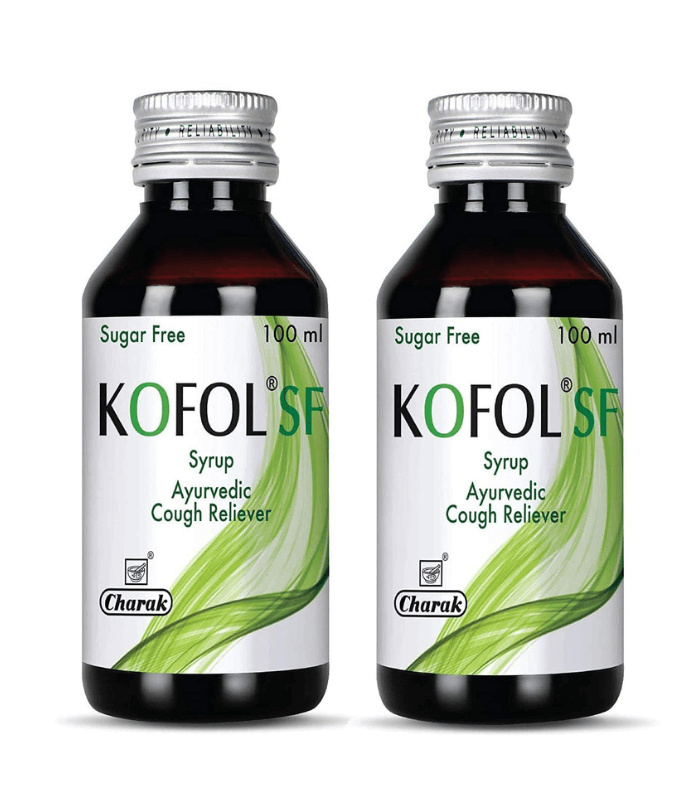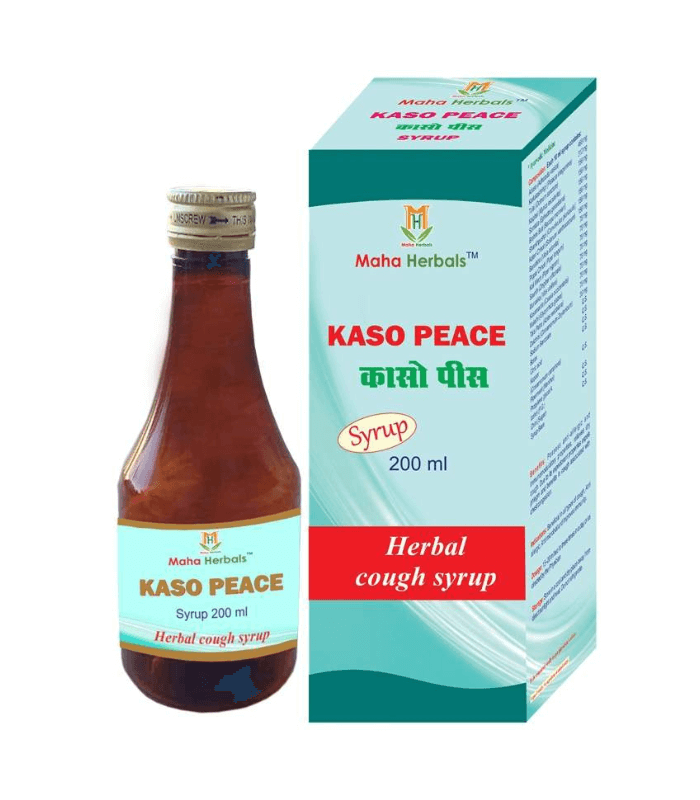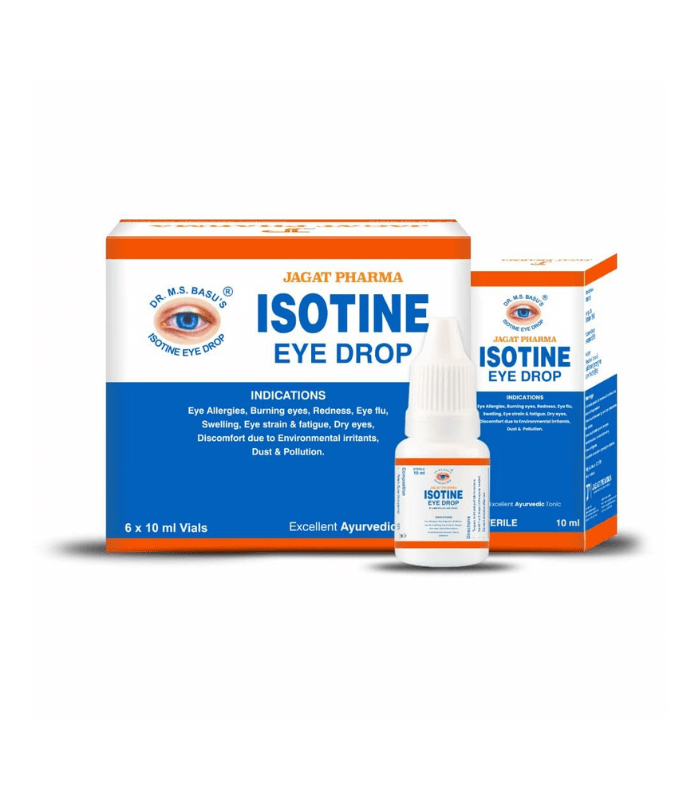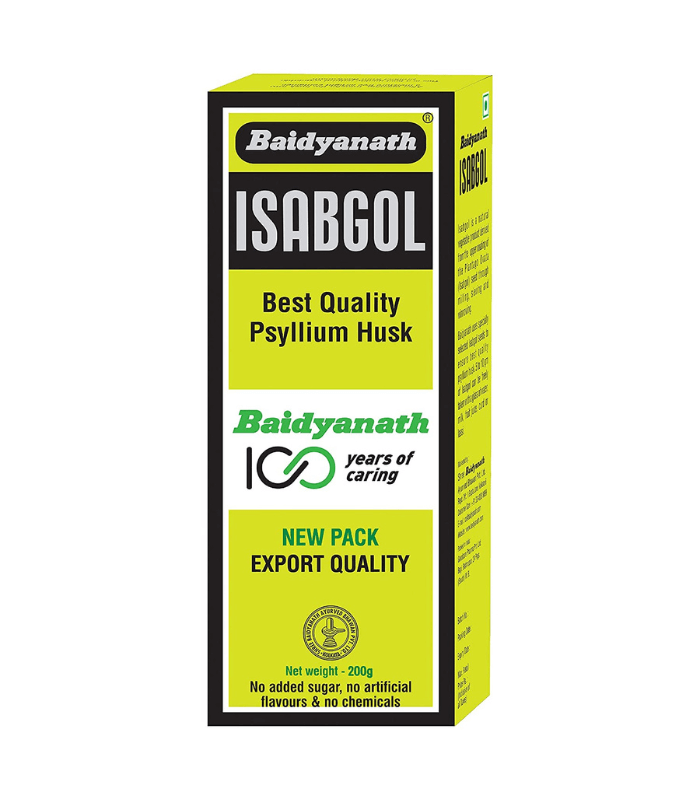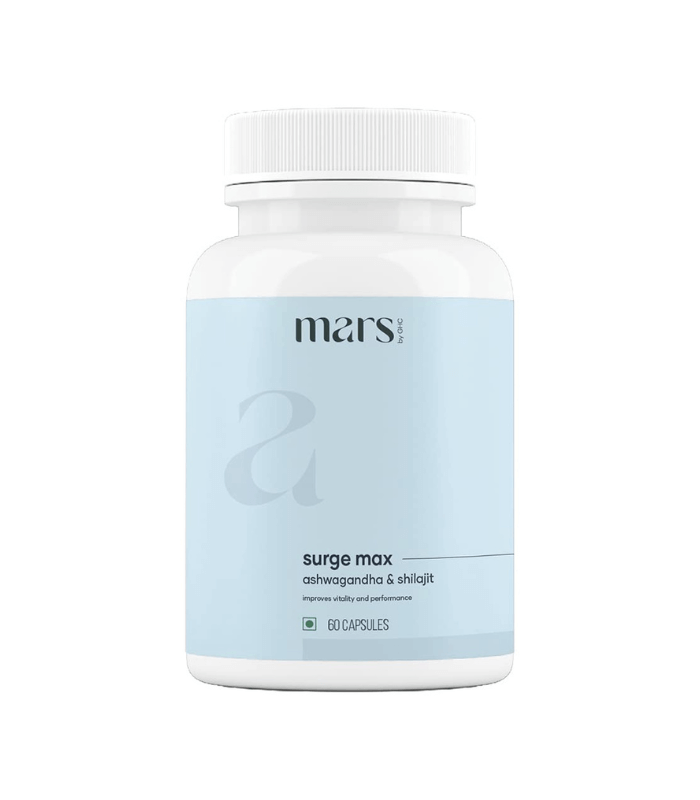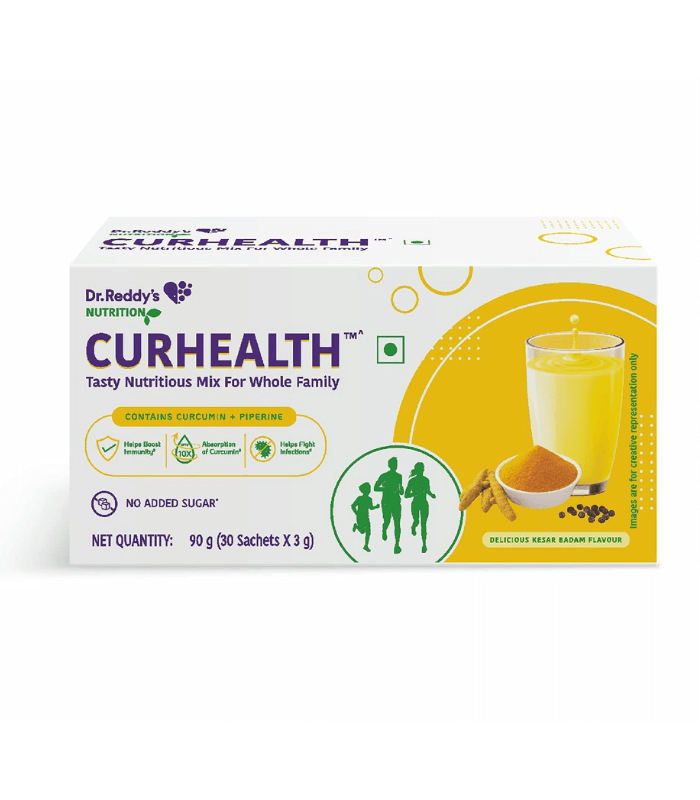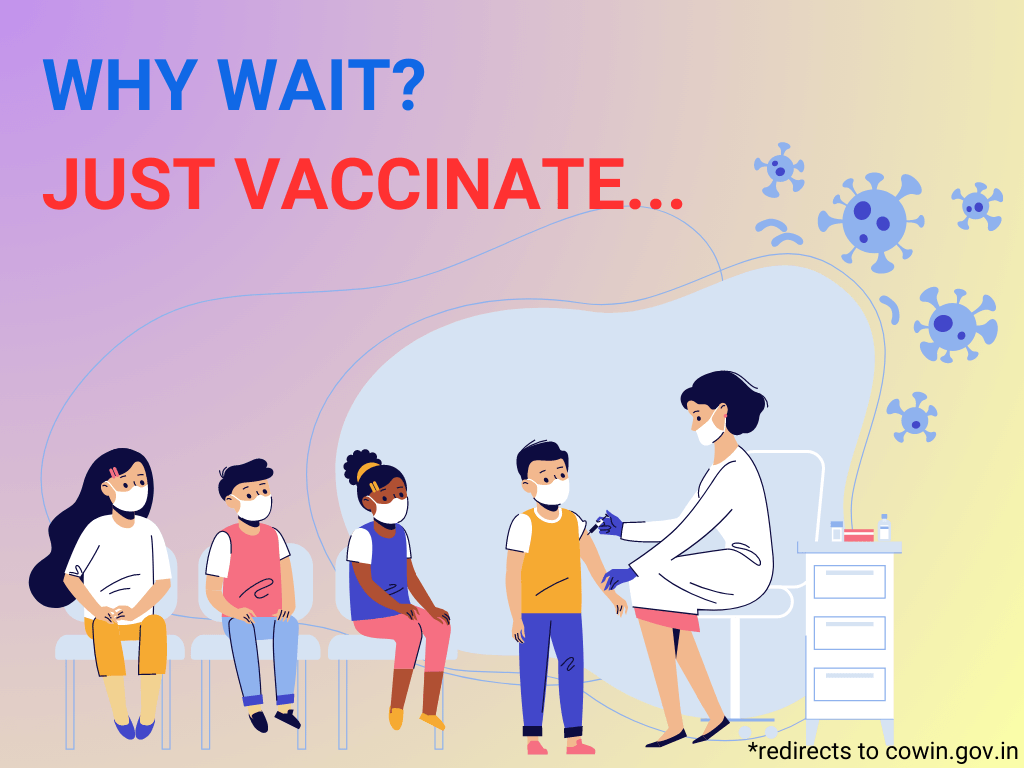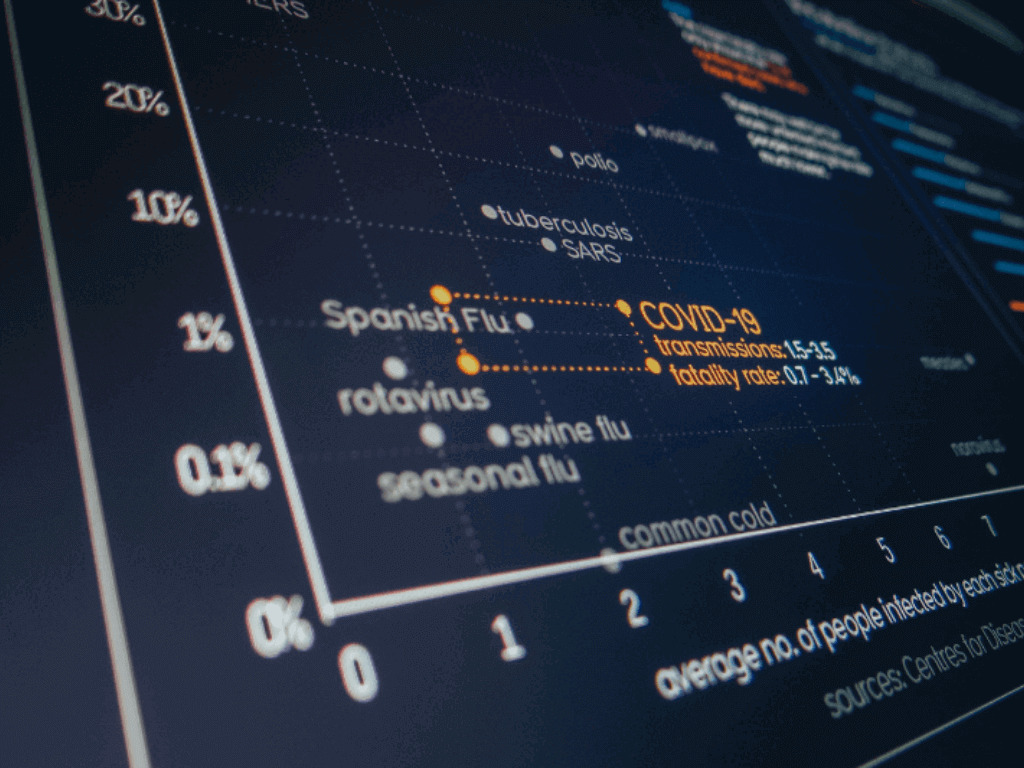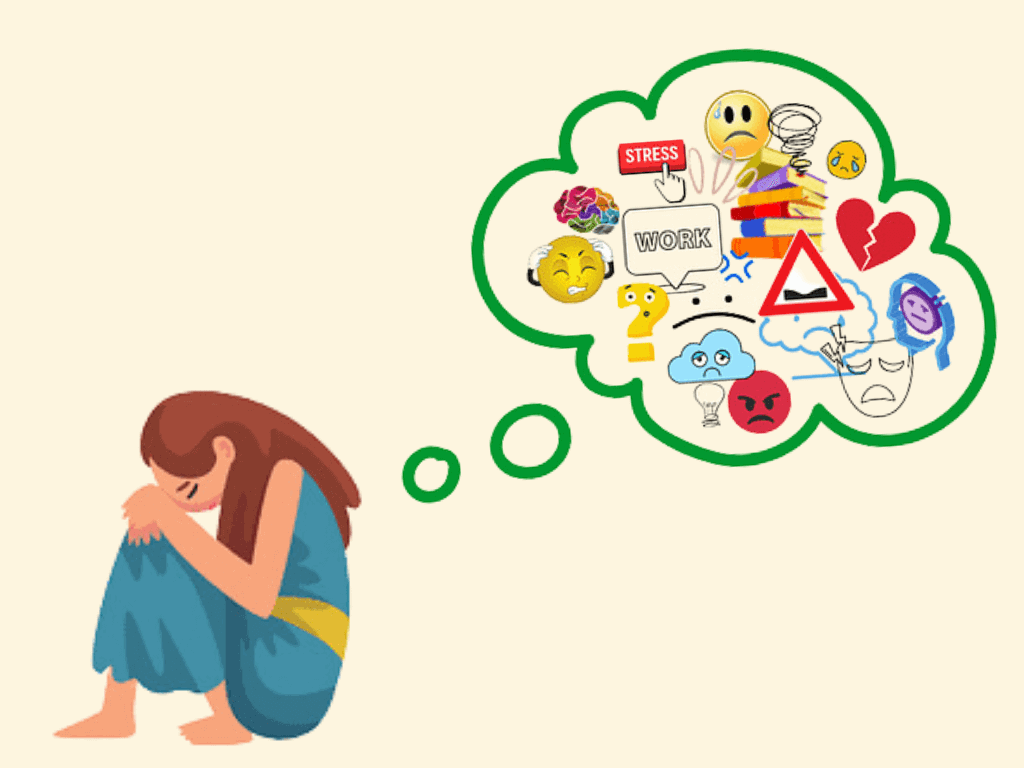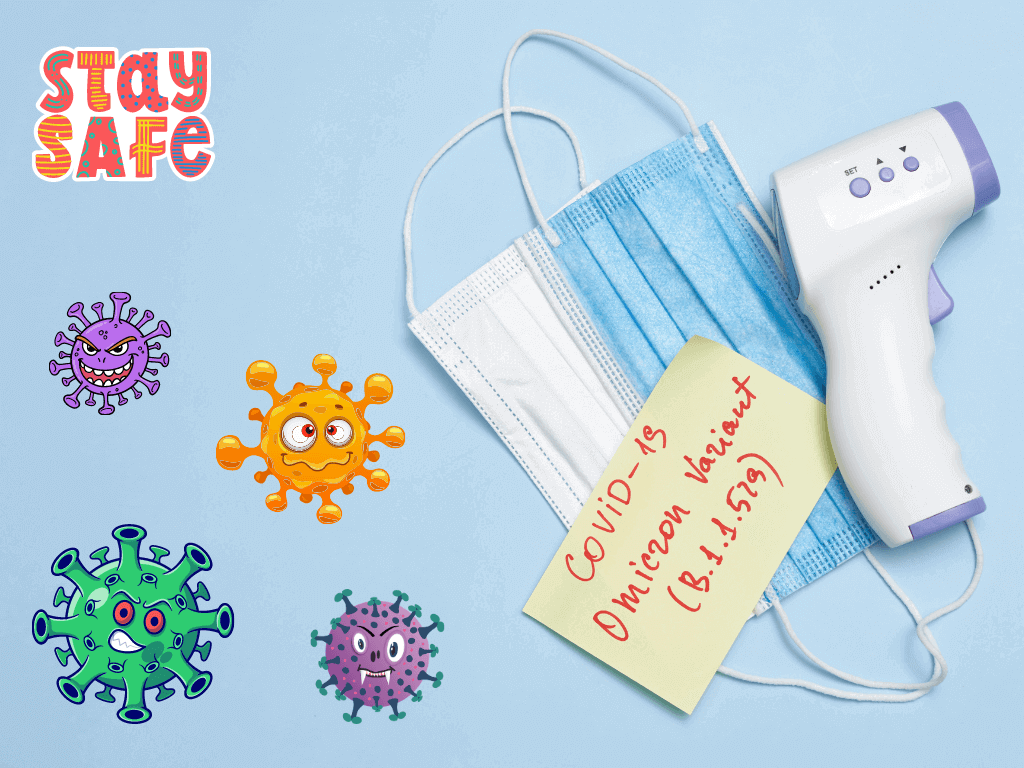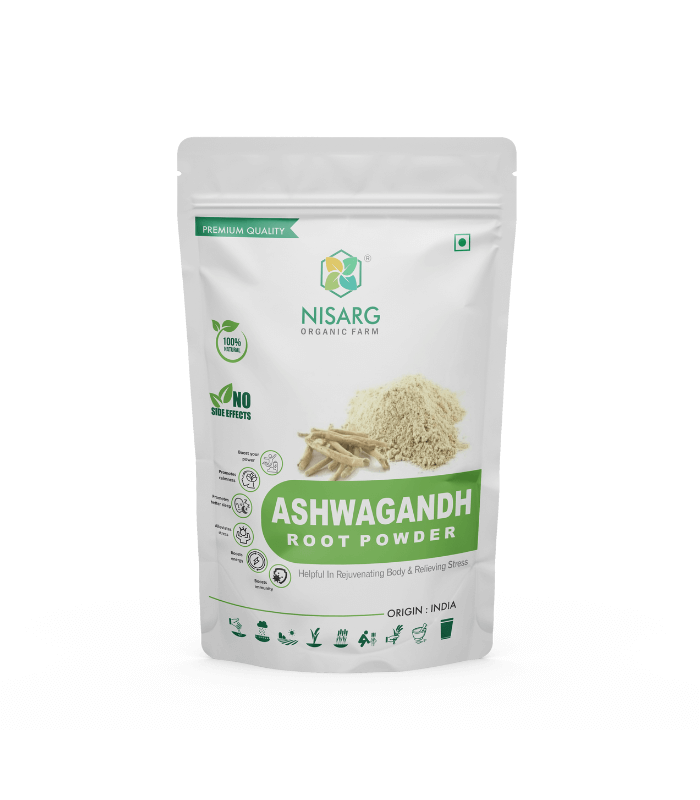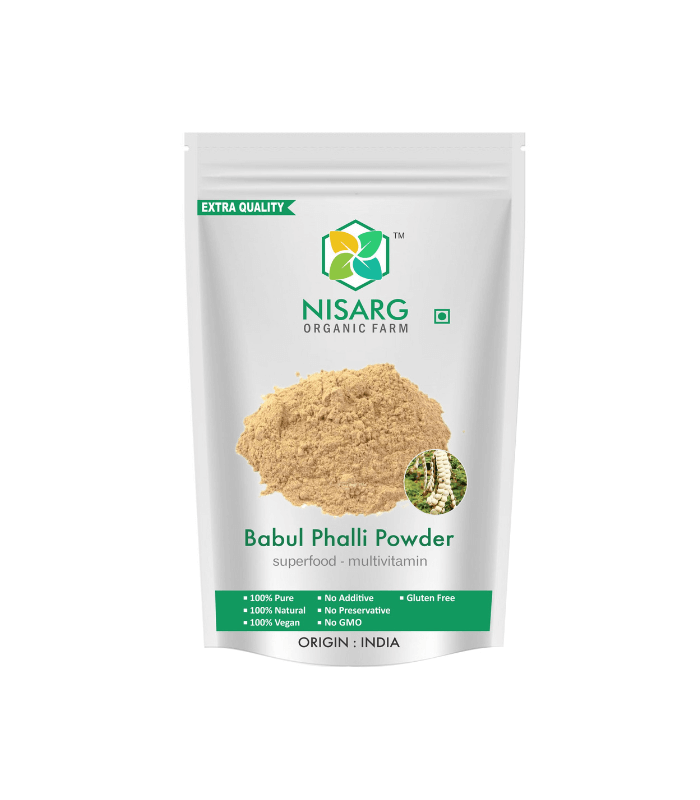























































Personal Care
Digolex Gel Bunion Guard, Corrector, Toe Spreader (One Pair) Pain Relief from.
Made of elastic soft, easy to carry and make you feel comfortable. Helps ease bunion pain by reducing friction, irritation, and pressure on bunion joint with luxuriously cushy gel design. Fits inside shoes to al men and women comfortably enough to wear all day.
Our deluxe orthopedic bunion corrector toe spacer works great for bunion pain alleviation by straightening the big toe joint and providing extra padding. Great hallux valgus corrector for all. Instant relief from rubbing two toes together and discomfort while walking.
Bunion stretcher is made with high quality durable medical grade silicone gel so it can be used again and again. Easily washable at home. No need to look for replacement any time soon. Universal size, suitable for almost all different feet.
DrOXY oxygen can/cylinder compressed gas 250 spray inbuilt mask (115 gm)
Portable oxygen 115g can
During travelling to high mountain areas, at elevated positions, sports, poor ventilation stale air conditions. It may help you to maintain an adequate level of oxygen during panic and tough breathing times.
It help to manages stress and headache so that brain may perform its functions in a better way. Soon after hard exercises like cycling, aerobics and gyming, may help you to restore the energy in the body
It has a plastic mask on top of it so that anybody can use it easily in hard times. It is a portable oxygen inhaler that helps while breathlessness situations like sudden shock, panic situation, suffocation and choking.
Lakme 9 to 5 Eye Liner, Black, Long Lasting Matte Waterproof Liner with Brush for Even Strokes – Dries Quickly, 3.5 ml
The blackest of black eyeliner that does not fade
Rich intense color. Organic : No
Available in a variety of shades
Dove Hair Fall Rescue Shampoo – Hair Fall Control for Thicker Hair – 1 Litre Pack
Strengthening Dove shampoo formulated to help prevent hair fall. All Hair Types
Reduces hair fall by up to 98 percent
Deeply nourishes fragile and weak hair from root to tip
Silicone Gel Heel Pad Socks for Heel Swelling Pain Relief (Free Size) (1 Pair) (SC-94)
SHOPPYANA Silicone Gel Heel Socks Anti-slip Maintenance Cracked Foot Skin.
ORTHOPEDIC SILICONE HEEL PROTECTORS: Protects heel bone from extreme pressure, fatigue & strain, prevents thickening of heel skin; keeps heel safe from blisters, chipped skin, corn and cracked feet. Provides hydration treatment to repair your dry, painful, hard and cracked skin on your heels. Also provide an improvement of the appearance by helping reduce fine lines of aging. These socks can also be used with foot cream.
RELIEF PAIN: Prevents joints and foot pain caused by poorly padded footwear, daily weight pressure, walking and standing. Ultimate heel pain & heel swelling relief. Provides extra cushioning, shock absorption, anti-slip & breathable. Top premium quality. Ultimate heel comfort, stability, reusable, economic, hygienic & comfortable
Philips BT3203/15 cordless rechargeable Beard Trimmer – 45 min run time
Up to 45 minutes of cordless use after10 hours charging
10 lock-in length settings, 1- 10mm with 1mm precision
Easy to use: Cordless use. Automatic voltage: 100-240 V
Divya Shree Aloe vera Capsule Skin Glow Healthy Hair & Face Care | Weight Management – 60 Capsule
1. Supports healthy digestion
2. Maintains healthy skin
3. Boosts the immune system
4. Promotes healthy hair growth
5. Enhances energy levels
6. Supports liver health
7. Reduces inflammation
8. Helps balance the body’s pH levels
9. Regulates blood sugar levels
10. Supports cardiovascular health
Digolex Gel Bunion Guard, Corrector, Toe Spreader (One Pair) Pain Relief from.
Made of elastic soft, easy to carry and make you feel comfortable. Helps ease bunion pain by reducing friction, irritation, and pressure on bunion joint with luxuriously cushy gel design. Fits inside shoes to al men and women comfortably enough to wear all day.
Our deluxe orthopedic bunion corrector toe spacer works great for bunion pain alleviation by straightening the big toe joint and providing extra padding. Great hallux valgus corrector for all. Instant relief from rubbing two toes together and discomfort while walking.
Bunion stretcher is made with high quality durable medical grade silicone gel so it can be used again and again. Easily washable at home. No need to look for replacement any time soon. Universal size, suitable for almost all different feet.
DrOXY oxygen can/cylinder compressed gas 250 spray inbuilt mask (115 gm)
Portable oxygen 115g can
During travelling to high mountain areas, at elevated positions, sports, poor ventilation stale air conditions. It may help you to maintain an adequate level of oxygen during panic and tough breathing times.
It help to manages stress and headache so that brain may perform its functions in a better way. Soon after hard exercises like cycling, aerobics and gyming, may help you to restore the energy in the body
It has a plastic mask on top of it so that anybody can use it easily in hard times. It is a portable oxygen inhaler that helps while breathlessness situations like sudden shock, panic situation, suffocation and choking.
Lakme 9 to 5 Eye Liner, Black, Long Lasting Matte Waterproof Liner with Brush for Even Strokes – Dries Quickly, 3.5 ml
The blackest of black eyeliner that does not fade
Rich intense color. Organic : No
Available in a variety of shades
Dove Hair Fall Rescue Shampoo – Hair Fall Control for Thicker Hair – 1 Litre Pack
Strengthening Dove shampoo formulated to help prevent hair fall. All Hair Types
Reduces hair fall by up to 98 percent
Deeply nourishes fragile and weak hair from root to tip
Silicone Gel Heel Pad Socks for Heel Swelling Pain Relief (Free Size) (1 Pair) (SC-94)
SHOPPYANA Silicone Gel Heel Socks Anti-slip Maintenance Cracked Foot Skin.
ORTHOPEDIC SILICONE HEEL PROTECTORS: Protects heel bone from extreme pressure, fatigue & strain, prevents thickening of heel skin; keeps heel safe from blisters, chipped skin, corn and cracked feet. Provides hydration treatment to repair your dry, painful, hard and cracked skin on your heels. Also provide an improvement of the appearance by helping reduce fine lines of aging. These socks can also be used with foot cream.
RELIEF PAIN: Prevents joints and foot pain caused by poorly padded footwear, daily weight pressure, walking and standing. Ultimate heel pain & heel swelling relief. Provides extra cushioning, shock absorption, anti-slip & breathable. Top premium quality. Ultimate heel comfort, stability, reusable, economic, hygienic & comfortable
Philips BT3203/15 cordless rechargeable Beard Trimmer – 45 min run time
Up to 45 minutes of cordless use after10 hours charging
10 lock-in length settings, 1- 10mm with 1mm precision
Easy to use: Cordless use. Automatic voltage: 100-240 V
Divya Shree Aloe vera Capsule Skin Glow Healthy Hair & Face Care | Weight Management – 60 Capsule
1. Supports healthy digestion
2. Maintains healthy skin
3. Boosts the immune system
4. Promotes healthy hair growth
5. Enhances energy levels
6. Supports liver health
7. Reduces inflammation
8. Helps balance the body’s pH levels
9. Regulates blood sugar levels
10. Supports cardiovascular health
Digolex Gel Bunion Guard, Corrector, Toe Spreader (One Pair) Pain Relief from.
Made of elastic soft, easy to carry and make you feel comfortable. Helps ease bunion pain by reducing friction, irritation, and pressure on bunion joint with luxuriously cushy gel design. Fits inside shoes to al men and women comfortably enough to wear all day.
Our deluxe orthopedic bunion corrector toe spacer works great for bunion pain alleviation by straightening the big toe joint and providing extra padding. Great hallux valgus corrector for all. Instant relief from rubbing two toes together and discomfort while walking.
Bunion stretcher is made with high quality durable medical grade silicone gel so it can be used again and again. Easily washable at home. No need to look for replacement any time soon. Universal size, suitable for almost all different feet.
DrOXY oxygen can/cylinder compressed gas 250 spray inbuilt mask (115 gm)
Portable oxygen 115g can
During travelling to high mountain areas, at elevated positions, sports, poor ventilation stale air conditions. It may help you to maintain an adequate level of oxygen during panic and tough breathing times.
It help to manages stress and headache so that brain may perform its functions in a better way. Soon after hard exercises like cycling, aerobics and gyming, may help you to restore the energy in the body
It has a plastic mask on top of it so that anybody can use it easily in hard times. It is a portable oxygen inhaler that helps while breathlessness situations like sudden shock, panic situation, suffocation and choking.
Lakme 9 to 5 Eye Liner, Black, Long Lasting Matte Waterproof Liner with Brush for Even Strokes – Dries Quickly, 3.5 ml
The blackest of black eyeliner that does not fade
Rich intense color. Organic : No
Available in a variety of shades









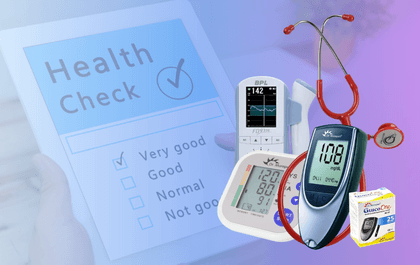

Health Care Devices
Blueidea Digital Therapy Machine, Full-Body Massager, Fat Burner & Relaxation Massager (White)
The item can do the pulse therapy for the four parts of your body at the same time. This machine is a modern science and technology combined with chinese medical. . It is an ideal product suitable for who have stiff shoulder, end neural paralysis.
This Product is Digital Therapy Machine for Healthy Lifestyle. Equipped with Bright LCD, on Which the Intensity, Functions, Therapeutic Time can be Clearly Displayed in English.
This machine is a modern science and technology combined with chinese medical. . It is an ideal product suitable for who have stiff shoulder, end neural paralysis.
Philips BT3203/15 cordless rechargeable Beard Trimmer – 45 min run time
Up to 45 minutes of cordless use after10 hours charging
10 lock-in length settings, 1- 10mm with 1mm precision
Easy to use: Cordless use. Automatic voltage: 100-240 V
Exfolite Mouthpiece Metered Dose Inhaler Asthma Spacer for Kids Adults (Inhaler not Included)
Increase the amount of medicine absorbed by your lungs by using Free-breath Spacer Chamber, and Minimize the negative effects on mouth and throat of a puffer.
Unlike a simple inhaler, our spacer makes sure the substances are delivered straight to the lungs, not wasting them in the mouth or throat. With regular use, you may see better results, and improved breathing.
Spacers can make it easier for medication to reach the lungs, and also mean less medication gets deposited in the mouth and throat, where it can lead to irritation and mild infections.
Philips HP8100/46 1000 Watts Hair Dryer (Purple)
Advanced concentrator technology with quick-heat head
Thermo protect temperature setting. Hanging loop : yes
Not cordless, 1.5-meter power cord
Skudgear Pack of 2 Thumb Corrector for Men & Women | Big Toe Bunion Guard Corrector, Toe Spreader
BUNION PAIN RELIEF & PROTECTION: Our bunion corrector helps the discomfort, pain and inflammation caused by bunions. If you want relief from hallux valgus, overlapping toes, or crooked toes, our bunion splint, bunion corrector for men and women is designed to keep your foot and toe compressed gradually and it gently pushes the toe back into its correct alignment overtime. And it is invisible in your shoes. If you feel you need a snugger fit, it is recommended to wear socks.
ONE SIZE BUNION CORRECTOR
SAFE AND COMFORTABLE MATERIAL
Aneroid Sphygmo Manometer / Blood Pressure Monitor with Carry Bag & Stethoscope (Black)
HIGH PRECISION GAUGE : This high precision gauge is made with zinc alloy which makes it more durable.It is pressure tested for maximum repeat accuracy. It has a clinical accuracy of +/- 3 mmHg with 0- 300 mmHg manometer. Gauge has a metal clip at the back to make testing hassle free.
INFLATION BULB WITH AIR RELEASE VALVE: The inflation bulb is made of rubber and is crack resistant and non sticking The air release valve is chrome plated to avoid corrosion. The device has a dual-tube bladder for an efficient air release
COTTON CUFF WITH EXTRA WIDE VELCRO FASTENERS: It has a special cotton cuff which makes it very comfortable and pain free for the patient. It has extra wide Velcro fasteners for a firm grip and making it easy to use on all arm sizes.
Ishro Home Anti Skid & Multipurpose Bathroom Mat/ Carpet/ Rainmat/ Swimming Pool Mat || 2×3 Feet
The product uses natural durable rubber front and back: its texture makes it one of the best options for outdoor mats capturing dirt with hour long utility
Keeps dirt and mud out: this door mat is made of rubber so it is waterproof and remove dirt and mud easily. You can wash it easily & keep it always clean
zig-zag mat with high durability
Blueidea Digital Therapy Machine, Full-Body Massager, Fat Burner & Relaxation Massager (White)
The item can do the pulse therapy for the four parts of your body at the same time. This machine is a modern science and technology combined with chinese medical. . It is an ideal product suitable for who have stiff shoulder, end neural paralysis.
This Product is Digital Therapy Machine for Healthy Lifestyle. Equipped with Bright LCD, on Which the Intensity, Functions, Therapeutic Time can be Clearly Displayed in English.
This machine is a modern science and technology combined with chinese medical. . It is an ideal product suitable for who have stiff shoulder, end neural paralysis.
Philips BT3203/15 cordless rechargeable Beard Trimmer – 45 min run time
Up to 45 minutes of cordless use after10 hours charging
10 lock-in length settings, 1- 10mm with 1mm precision
Easy to use: Cordless use. Automatic voltage: 100-240 V
Exfolite Mouthpiece Metered Dose Inhaler Asthma Spacer for Kids Adults (Inhaler not Included)
Increase the amount of medicine absorbed by your lungs by using Free-breath Spacer Chamber, and Minimize the negative effects on mouth and throat of a puffer.
Unlike a simple inhaler, our spacer makes sure the substances are delivered straight to the lungs, not wasting them in the mouth or throat. With regular use, you may see better results, and improved breathing.
Spacers can make it easier for medication to reach the lungs, and also mean less medication gets deposited in the mouth and throat, where it can lead to irritation and mild infections.
Philips HP8100/46 1000 Watts Hair Dryer (Purple)
Advanced concentrator technology with quick-heat head
Thermo protect temperature setting. Hanging loop : yes
Not cordless, 1.5-meter power cord
Skudgear Pack of 2 Thumb Corrector for Men & Women | Big Toe Bunion Guard Corrector, Toe Spreader
BUNION PAIN RELIEF & PROTECTION: Our bunion corrector helps the discomfort, pain and inflammation caused by bunions. If you want relief from hallux valgus, overlapping toes, or crooked toes, our bunion splint, bunion corrector for men and women is designed to keep your foot and toe compressed gradually and it gently pushes the toe back into its correct alignment overtime. And it is invisible in your shoes. If you feel you need a snugger fit, it is recommended to wear socks.
ONE SIZE BUNION CORRECTOR
SAFE AND COMFORTABLE MATERIAL
Aneroid Sphygmo Manometer / Blood Pressure Monitor with Carry Bag & Stethoscope (Black)
HIGH PRECISION GAUGE : This high precision gauge is made with zinc alloy which makes it more durable.It is pressure tested for maximum repeat accuracy. It has a clinical accuracy of +/- 3 mmHg with 0- 300 mmHg manometer. Gauge has a metal clip at the back to make testing hassle free.
INFLATION BULB WITH AIR RELEASE VALVE: The inflation bulb is made of rubber and is crack resistant and non sticking The air release valve is chrome plated to avoid corrosion. The device has a dual-tube bladder for an efficient air release
COTTON CUFF WITH EXTRA WIDE VELCRO FASTENERS: It has a special cotton cuff which makes it very comfortable and pain free for the patient. It has extra wide Velcro fasteners for a firm grip and making it easy to use on all arm sizes.
Ishro Home Anti Skid & Multipurpose Bathroom Mat/ Carpet/ Rainmat/ Swimming Pool Mat || 2×3 Feet
The product uses natural durable rubber front and back: its texture makes it one of the best options for outdoor mats capturing dirt with hour long utility
Keeps dirt and mud out: this door mat is made of rubber so it is waterproof and remove dirt and mud easily. You can wash it easily & keep it always clean
zig-zag mat with high durability
Blueidea Digital Therapy Machine, Full-Body Massager, Fat Burner & Relaxation Massager (White)
The item can do the pulse therapy for the four parts of your body at the same time. This machine is a modern science and technology combined with chinese medical. . It is an ideal product suitable for who have stiff shoulder, end neural paralysis.
This Product is Digital Therapy Machine for Healthy Lifestyle. Equipped with Bright LCD, on Which the Intensity, Functions, Therapeutic Time can be Clearly Displayed in English.
This machine is a modern science and technology combined with chinese medical. . It is an ideal product suitable for who have stiff shoulder, end neural paralysis.
EYEGLASS STORE







Daily Essentials
Oxy99 Portable Oxygen Cylinder / Can
Oxy99 Pure Oxygen Is A Lightweight Portable Can Developed By Ing. L. & A. Boschi Of Italy (Since 1930).
Oxygen For Personal Use Comes Packaged In A 500 Ml Oxy99 Can Comprising Of 6 Liters Of Oxygen. Now The World Has Got Easy Access To Pure Natural Oxygen. Oxy99 Can Fitted With Ergonomically Built-In Mask And Trigger System For Easy Inhalation.
Oxy99 Instantly Increases Oxygen Levels In The Body And Helps Restore Brain And Body Functions To Normal. It Is Safe And Easy To Use Certified Oxygen In A Can. By Inhaling Just 5 To 6 Short Bursts, It Helps Through Conditions Resulting From Low Oxygen Levels In The Body.
Colgate Visible White Teeth Whitening Toothpaste, 200g Saver Pack (100g + 100g), With Whitening Accelerators to protect…
Dazzle White, Dazzle Right with Colgate Visible White – the beauty expert in oral care – gives you 1 SHADE WHITER TEETH in 1 week (when used as directed on pack)
This whitening toothpaste is infused with WHITENING ACCELERATORS like silica and pyrophosphate, which safely removes extrinsic stains and polish the surface of your teeth for a dazzling white smile.
It also fights cavities and removes plaque as you brush. It has a SOOTHING MINTY FLAVOUR that freshens your breath when used regularly.
KamaSutra Dotted Condoms for Men – 20 Count
Intense Sensations: KamaSutra Dotted condoms, made from natural rubber latex which gives you the most Intense Sensations and natural feeling to the partner
Power Dots: KamaSutra Dotted condoms helps in enhancing the pleasure levels to the max by providing unique pyramidal & Power Dots. It will drive her wild with desire
100% Electronically Tested: Each KamaSutra condom is tested electronically against any manufacturing defects
Makalu Alcotox Relieves Hangover Tablets 39.2gm Flavour (Lime & Lemon) Pack of 1
We use advanced technology and a blend of 100% Natural Plant-based extracts that are Organic, Vegan & Gluten-free and incorporate high quantities of vitamins & ingredients into the smallest possible SMELTS strip or an Effervescent tablet. The supplements are infused with Plant-based ingredients that are the futuristic & modern-world’s day-to-day supplements.
glowista™ Anti Pimple & Dark Spot Removal Fairness Cream With Neem, & Aloe Vera 25g
✔️ Powerful Natural Acne Remover – Our potent herbal formula brings excellent results due to the supreme ingredients picked by professionals. Aloe Vera & Neem Extracts are all well known for their acne treatment and breakout preventing effects. Treat your Acne with the powers of nature!
✔️ Acne Treatment Cream – Do you see annoying acne spots and scars when looking in the mirror? Are you tired from trying acne face washes, wipes, masks, and pads that do not work? Acne Face Cream by glowista is everything you need! Within 3 to 5 Week you will see how our acne cream reduces pimples and dark Spot, leaving your skin clean and fresh. Try it and you will be pleasantly surprised!
✔️ Perfectly Safe & Natural – Conventional acne treatments have undesirable side effects like dryness, redness, and irritation. We care – Acne Treatment Face Cream contains only natural ingredients that were carefully selected by professionals! The product is rich in Vitamin E, Vitamin C, Aloe Vera, Neem, and much more organic ingredients, to help you get and enjoy your clean skin!
Prega News One Step Urine HCG Pregnancy Test Kit Device, 6 Count
PACK CONTENT: The pack contains 1 single use pregnancy detection card, 1 disposable dropper & silica granules to prevent moisture
PREGNANCY TEST KIT: Confirm your good news with Prega News Pregnancy Test Kit
HCG PREGNANCY DETECTION: Do a pregnancy test at home and get your results in 5 minutes
Revital H for Woman with Multivitamins, Calcium, Zinc & Natural Ginseng – 30 Capsules
It’s a combination of Ginseng, 12 Vitamins and 10 Minerals, that enhance the energy levels, thus helping in feeling dynamic throughout the day
Vitamins, Multivitamins & Minerals such as Vitamin C, Zinc and Iron, boost immunity and aid in uplifting physical and mental strength respectively
How to Use: 1 tablet daily with a glass of water/milk/juice
Oxy99 Portable Oxygen Cylinder / Can
Oxy99 Pure Oxygen Is A Lightweight Portable Can Developed By Ing. L. & A. Boschi Of Italy (Since 1930).
Oxygen For Personal Use Comes Packaged In A 500 Ml Oxy99 Can Comprising Of 6 Liters Of Oxygen. Now The World Has Got Easy Access To Pure Natural Oxygen. Oxy99 Can Fitted With Ergonomically Built-In Mask And Trigger System For Easy Inhalation.
Oxy99 Instantly Increases Oxygen Levels In The Body And Helps Restore Brain And Body Functions To Normal. It Is Safe And Easy To Use Certified Oxygen In A Can. By Inhaling Just 5 To 6 Short Bursts, It Helps Through Conditions Resulting From Low Oxygen Levels In The Body.
Colgate Visible White Teeth Whitening Toothpaste, 200g Saver Pack (100g + 100g), With Whitening Accelerators to protect…
Dazzle White, Dazzle Right with Colgate Visible White – the beauty expert in oral care – gives you 1 SHADE WHITER TEETH in 1 week (when used as directed on pack)
This whitening toothpaste is infused with WHITENING ACCELERATORS like silica and pyrophosphate, which safely removes extrinsic stains and polish the surface of your teeth for a dazzling white smile.
It also fights cavities and removes plaque as you brush. It has a SOOTHING MINTY FLAVOUR that freshens your breath when used regularly.
KamaSutra Dotted Condoms for Men – 20 Count
Intense Sensations: KamaSutra Dotted condoms, made from natural rubber latex which gives you the most Intense Sensations and natural feeling to the partner
Power Dots: KamaSutra Dotted condoms helps in enhancing the pleasure levels to the max by providing unique pyramidal & Power Dots. It will drive her wild with desire
100% Electronically Tested: Each KamaSutra condom is tested electronically against any manufacturing defects
Makalu Alcotox Relieves Hangover Tablets 39.2gm Flavour (Lime & Lemon) Pack of 1
We use advanced technology and a blend of 100% Natural Plant-based extracts that are Organic, Vegan & Gluten-free and incorporate high quantities of vitamins & ingredients into the smallest possible SMELTS strip or an Effervescent tablet. The supplements are infused with Plant-based ingredients that are the futuristic & modern-world’s day-to-day supplements.
glowista™ Anti Pimple & Dark Spot Removal Fairness Cream With Neem, & Aloe Vera 25g
✔️ Powerful Natural Acne Remover – Our potent herbal formula brings excellent results due to the supreme ingredients picked by professionals. Aloe Vera & Neem Extracts are all well known for their acne treatment and breakout preventing effects. Treat your Acne with the powers of nature!
✔️ Acne Treatment Cream – Do you see annoying acne spots and scars when looking in the mirror? Are you tired from trying acne face washes, wipes, masks, and pads that do not work? Acne Face Cream by glowista is everything you need! Within 3 to 5 Week you will see how our acne cream reduces pimples and dark Spot, leaving your skin clean and fresh. Try it and you will be pleasantly surprised!
✔️ Perfectly Safe & Natural – Conventional acne treatments have undesirable side effects like dryness, redness, and irritation. We care – Acne Treatment Face Cream contains only natural ingredients that were carefully selected by professionals! The product is rich in Vitamin E, Vitamin C, Aloe Vera, Neem, and much more organic ingredients, to help you get and enjoy your clean skin!
Prega News One Step Urine HCG Pregnancy Test Kit Device, 6 Count
PACK CONTENT: The pack contains 1 single use pregnancy detection card, 1 disposable dropper & silica granules to prevent moisture
PREGNANCY TEST KIT: Confirm your good news with Prega News Pregnancy Test Kit
HCG PREGNANCY DETECTION: Do a pregnancy test at home and get your results in 5 minutes
Revital H for Woman with Multivitamins, Calcium, Zinc & Natural Ginseng – 30 Capsules
It’s a combination of Ginseng, 12 Vitamins and 10 Minerals, that enhance the energy levels, thus helping in feeling dynamic throughout the day
Vitamins, Multivitamins & Minerals such as Vitamin C, Zinc and Iron, boost immunity and aid in uplifting physical and mental strength respectively
How to Use: 1 tablet daily with a glass of water/milk/juice
Oxy99 Portable Oxygen Cylinder / Can
Oxy99 Pure Oxygen Is A Lightweight Portable Can Developed By Ing. L. & A. Boschi Of Italy (Since 1930).
Oxygen For Personal Use Comes Packaged In A 500 Ml Oxy99 Can Comprising Of 6 Liters Of Oxygen. Now The World Has Got Easy Access To Pure Natural Oxygen. Oxy99 Can Fitted With Ergonomically Built-In Mask And Trigger System For Easy Inhalation.
Oxy99 Instantly Increases Oxygen Levels In The Body And Helps Restore Brain And Body Functions To Normal. It Is Safe And Easy To Use Certified Oxygen In A Can. By Inhaling Just 5 To 6 Short Bursts, It Helps Through Conditions Resulting From Low Oxygen Levels In The Body.
Best Sellers
-
 Nisarg Organic Hemoglobin Supplements Powder
Rated 4.33 out of 5₹340 – ₹2,920
Nisarg Organic Hemoglobin Supplements Powder
Rated 4.33 out of 5₹340 – ₹2,920 -
 Lupicad B-Cute to Reduce Breast Size and Brighter Tone - 30 Capsules
Rated 4.00 out of 5₹1,199
Lupicad B-Cute to Reduce Breast Size and Brighter Tone - 30 Capsules
Rated 4.00 out of 5₹1,199₹1,299 -
 Divya Shree Aloe vera Capsule Skin Glow Healthy Hair & Face Care | Weight Management - 60 Capsule
Rated 4.00 out of 5₹699
Divya Shree Aloe vera Capsule Skin Glow Healthy Hair & Face Care | Weight Management - 60 Capsule
Rated 4.00 out of 5₹699₹799 -
 Revital H for Woman with Multivitamins, Calcium, Zinc & Natural Ginseng - 30 Capsules
₹324
Revital H for Woman with Multivitamins, Calcium, Zinc & Natural Ginseng - 30 Capsules
₹324 ₹381
Medications & Treatments
AlchemLife PhytoRelief- CC | Fights cough, cold & sore throat | Natural immunity booster (Pack of 3)
1. BENEFITS AlchemLife’s Phytorelief-CC helps your body fight infectious cough, cold & sore throat and boost immunity naturally. It does this by creating a protective barrier in your respiratory tract, and activating the power of your saliva to kill germs that enter through your mouth and nose. Phytorelief-CC is truly natural, scientifically developed, clinically tested, sugar-free and has no side effects
CLINICALLY TESTED & PATENTED SOLUTION: Clinical studies have proven that the usage of AlchemLife’s PhytoRelief-CC results in a significant REDUCTION IN SYMPTOMS, DURATION & OCCURRENCE OF COUGH, COLD & SORE THROAT. Studies also indicate that it significantly boosts the lysozymes count in your saliva, thereby ENHANCING IMMUNITY.
PHYTO-ACTIVES – The secret to superior efficacy AlchemLife’s Phytorelief-CC pastille contains a clinically tested patented phytoceutical solution that is a combination of powerful ‘Phyto-actives’ of Ginger, Turmeric & Pomegranate which are extracted and synergized using proprietary Phytoadvance technology.
Sri Sri Tattva Shakti Drops – Relief from Cough, Cold & Sore Throat (Pack of 10ml x 3)
BOOST YOUR IMMUNITY: Make yourself stronger from the inside with Shakti Drops that improve your immune system and fight against sore throat, cold, cough, and other respiratory issues.
BUILD STAMINA & INCREASE YOUR ENERGY LEVELS: Made from a blend of 8 ayurvedic herbs, our immunity booster drops for kids and adults help to build stamina, improve performance, and increase energy levels.
IMPROVE YOUR DIGESTION & STOMACH ISSUES: Upset stomach, congestion, or acidity? Add a few drops of the immuno-boosting Shakti Drops to kadha or water for an instant relief from stomach & digestive issues.
Curkey | 5 strips of 10 pastilles each | Quick Relief from Sore Throat | Fights Viral & Bacterial Infections- Cough & Cold | Builds Respiratory Immunity
The Real Power of Turmeric: Every Curkey pastille has 100 mg of Curcumin, the active ingredient of turmeric (Haldi- Curcuma longa) that has anti-inflammatory, anti-bacterial, anti-viral, and antioxidant properties. Curkey has powerful Curcumin, which is extracted from natural turmeric. Turmeric contains just 3% Curcumin, so if you were having plain turmeric you would have to consume 30 glasses of turmeric milk for it to do the work of one Curkey pastille!
Highly effective: When Curcumin in Curkey dissolves in mouth, it directly gets absorbed into the blood. This is because of a technology called Buccal Absorption Technology (BAT) that creates 9 times more bio-availability factor. The result is quick relief. We call it the genius of its suckable pastille format that comes in a tasty mint flavour!
Clinically Proven: Sore throat can be an indication of various respiratory complications like cough, cold, flu or respiratory infection. Curkey not only provides quick relief from throat irritation, swelling, pain but also works as an immunity booster. Its anti- bacterial, ant-viral & anti-allergic action gives relief from associated symptoms like cough and cold. Curcumin is clinically proven for its benefit in respiratory tract infections. If you make a habit of taking Curkey- throat lozenges for sore throat regularly, its antioxidant properties can help build your body’s natural immunity against seasonal and recurring infections. That’s why even doctors recommend Curkey!
Charak Pharma Kofol Sugar Free Syrup for Cough – 100 ml (Pack of 2)
Manufactured by charak pharma private limited
Cough due to varied etiology
Dosage: 10 ml thrice daily
Maha Herbals Kaso Peace Syrup – 200ml
Herbal cough syrup
Benefits: Possess anti-allergic and immunomodulatory properties, relieves dry cough. Due to its expectorant properties expels phlegm and benefits in cough associated with chest congestion.
Indications: Beneficial in all types of cough, Anti allergic, Anti microbial and Improves immunity.
Dosage: 1 to 2 tablespoon full 2 to 3 times in a day or as directed by the Physician.
Nisarg Organic Harde Powder
Harde or Terminalia Chebula, is a powerful fruit powder that can help to remove toxins and undigested materials from the body as a mild laxative and aid digestion. It also helps to promote general health, as well as providing support to the eyes, brain, throat, intestine, skin, liver, spleen and urinary tract. In addition, Harde fruit powder may benefit health conditions such as cancer, diabetes, inflammation and stomach disorders.
Zandu Tulsi Drops – 60% EXTRA with 2X Immunity, Powerful Cough & Cold Relief drops – 32ml (Pack of 2)
Tulsi drop helps to keep your daily health perfect with 2X* Immunity. (*Basis Laboratory N.K. Cell Activity.)
Tulsi is a versatile herb that has multiple health benefits due to its immunomodulatory, antiviral, hepatoprotective, antioxidant and anti-stress properties.
Tulsi Drops for immunity is useful in relieving cough and cold and other respiratory issues.
AlchemLife PhytoRelief- CC | Fights cough, cold & sore throat | Natural immunity booster (Pack of 3)
1. BENEFITS AlchemLife’s Phytorelief-CC helps your body fight infectious cough, cold & sore throat and boost immunity naturally. It does this by creating a protective barrier in your respiratory tract, and activating the power of your saliva to kill germs that enter through your mouth and nose. Phytorelief-CC is truly natural, scientifically developed, clinically tested, sugar-free and has no side effects
CLINICALLY TESTED & PATENTED SOLUTION: Clinical studies have proven that the usage of AlchemLife’s PhytoRelief-CC results in a significant REDUCTION IN SYMPTOMS, DURATION & OCCURRENCE OF COUGH, COLD & SORE THROAT. Studies also indicate that it significantly boosts the lysozymes count in your saliva, thereby ENHANCING IMMUNITY.
PHYTO-ACTIVES – The secret to superior efficacy AlchemLife’s Phytorelief-CC pastille contains a clinically tested patented phytoceutical solution that is a combination of powerful ‘Phyto-actives’ of Ginger, Turmeric & Pomegranate which are extracted and synergized using proprietary Phytoadvance technology.
Sri Sri Tattva Shakti Drops – Relief from Cough, Cold & Sore Throat (Pack of 10ml x 3)
BOOST YOUR IMMUNITY: Make yourself stronger from the inside with Shakti Drops that improve your immune system and fight against sore throat, cold, cough, and other respiratory issues.
BUILD STAMINA & INCREASE YOUR ENERGY LEVELS: Made from a blend of 8 ayurvedic herbs, our immunity booster drops for kids and adults help to build stamina, improve performance, and increase energy levels.
IMPROVE YOUR DIGESTION & STOMACH ISSUES: Upset stomach, congestion, or acidity? Add a few drops of the immuno-boosting Shakti Drops to kadha or water for an instant relief from stomach & digestive issues.
Curkey | 5 strips of 10 pastilles each | Quick Relief from Sore Throat | Fights Viral & Bacterial Infections- Cough & Cold | Builds Respiratory Immunity
The Real Power of Turmeric: Every Curkey pastille has 100 mg of Curcumin, the active ingredient of turmeric (Haldi- Curcuma longa) that has anti-inflammatory, anti-bacterial, anti-viral, and antioxidant properties. Curkey has powerful Curcumin, which is extracted from natural turmeric. Turmeric contains just 3% Curcumin, so if you were having plain turmeric you would have to consume 30 glasses of turmeric milk for it to do the work of one Curkey pastille!
Highly effective: When Curcumin in Curkey dissolves in mouth, it directly gets absorbed into the blood. This is because of a technology called Buccal Absorption Technology (BAT) that creates 9 times more bio-availability factor. The result is quick relief. We call it the genius of its suckable pastille format that comes in a tasty mint flavour!
Clinically Proven: Sore throat can be an indication of various respiratory complications like cough, cold, flu or respiratory infection. Curkey not only provides quick relief from throat irritation, swelling, pain but also works as an immunity booster. Its anti- bacterial, ant-viral & anti-allergic action gives relief from associated symptoms like cough and cold. Curcumin is clinically proven for its benefit in respiratory tract infections. If you make a habit of taking Curkey- throat lozenges for sore throat regularly, its antioxidant properties can help build your body’s natural immunity against seasonal and recurring infections. That’s why even doctors recommend Curkey!
Charak Pharma Kofol Sugar Free Syrup for Cough – 100 ml (Pack of 2)
Manufactured by charak pharma private limited
Cough due to varied etiology
Dosage: 10 ml thrice daily
Maha Herbals Kaso Peace Syrup – 200ml
Herbal cough syrup
Benefits: Possess anti-allergic and immunomodulatory properties, relieves dry cough. Due to its expectorant properties expels phlegm and benefits in cough associated with chest congestion.
Indications: Beneficial in all types of cough, Anti allergic, Anti microbial and Improves immunity.
Dosage: 1 to 2 tablespoon full 2 to 3 times in a day or as directed by the Physician.
Nisarg Organic Harde Powder
Harde or Terminalia Chebula, is a powerful fruit powder that can help to remove toxins and undigested materials from the body as a mild laxative and aid digestion. It also helps to promote general health, as well as providing support to the eyes, brain, throat, intestine, skin, liver, spleen and urinary tract. In addition, Harde fruit powder may benefit health conditions such as cancer, diabetes, inflammation and stomach disorders.
Zandu Tulsi Drops – 60% EXTRA with 2X Immunity, Powerful Cough & Cold Relief drops – 32ml (Pack of 2)
Tulsi drop helps to keep your daily health perfect with 2X* Immunity. (*Basis Laboratory N.K. Cell Activity.)
Tulsi is a versatile herb that has multiple health benefits due to its immunomodulatory, antiviral, hepatoprotective, antioxidant and anti-stress properties.
Tulsi Drops for immunity is useful in relieving cough and cold and other respiratory issues.
AlchemLife PhytoRelief- CC | Fights cough, cold & sore throat | Natural immunity booster (Pack of 3)
1. BENEFITS AlchemLife’s Phytorelief-CC helps your body fight infectious cough, cold & sore throat and boost immunity naturally. It does this by creating a protective barrier in your respiratory tract, and activating the power of your saliva to kill germs that enter through your mouth and nose. Phytorelief-CC is truly natural, scientifically developed, clinically tested, sugar-free and has no side effects
CLINICALLY TESTED & PATENTED SOLUTION: Clinical studies have proven that the usage of AlchemLife’s PhytoRelief-CC results in a significant REDUCTION IN SYMPTOMS, DURATION & OCCURRENCE OF COUGH, COLD & SORE THROAT. Studies also indicate that it significantly boosts the lysozymes count in your saliva, thereby ENHANCING IMMUNITY.
PHYTO-ACTIVES – The secret to superior efficacy AlchemLife’s Phytorelief-CC pastille contains a clinically tested patented phytoceutical solution that is a combination of powerful ‘Phyto-actives’ of Ginger, Turmeric & Pomegranate which are extracted and synergized using proprietary Phytoadvance technology.
Eye Care
RoshFort Unisex Aviator Arc Spectacle Frames (H01SD121)
Frame Size:- Medium, Lens width :- 56 MM , Lens Height :- 50 MM, Nose Bridge :- 13 MM, Temple Length :- 145 MM, Frame Width :- 140 MM
Light Weight Sunglasses for men and women, 100% UV Protection
Latest Aviator sunglasses / frames for eye protection
Redex Rectangular Half-Rim Spectacle Frame for Unisex
Nice Comfortable, Stylish and Light Weight Eyeglasses.
Frame Material :- Polycarbonate & Metal Lens Material :- Polycarbonate
This frame have demo lenses which will be used by your optician to fix lenses as per your power
Isotine Eye Drop 100% Ayurvedic with no side effects – Pack of 6 Vials
Isotine eye drops is a 100% Ayurvedic solution based on Ayurvedic herbs.t relieves eye stress and computer strain effectively while also helping in improving the vision, naturally.
Isotine Eye Drop has also been found to be very effective in improving eyesight in postoperative cases of Cataract, Laser Lasic Laser.
Spectacles of many patients have also been removed. Up to +8.5 Dsph. Myopia Cataract
Intellilens® Navigator Blue Cut Computer Glasses | Zero Power & Anti Glare with UV Protection | TR90 Frames & CR39 Blue Cut Lens (Black)
Care Instructions: Wash under running water and wipe dry with cleaning cloth
THE ULTIMATE COMPUTER GLASSES FOR EYE PROTECTION | Our blue light filter glasses for men and women are upgraded computer glasses crafted to help you adapt to your digital lifestyle.
ADVANCED BLUE CUT TECHNOLOGY | The anti glare glasses for men and women are made of multi-layered CR39 blue cut lenses that block out harmful blue light to ease computer eye strain.
Optify Combo Pack Monthly Color Contact Lens (Zero Power, Dark Grey-Brown, Pack of 2)
Colored Contact Lenses
2 Combo Set of Pen Reading Glasses for Near Vision, Tailoring: Power +1.00 +1.25 +1.50 +1.75 +2.00 +2.25 +2.50 +2.75 +3.00
[FIT TYPE] Regular, Western Stylish Unisex Pen Reading glasses
[INCLUDE] 2 Reading Glasses,2-Soft Cleaning Cloth, 1- Pocket Mini Screwdriver Keychain
[AVAILABLE POWER]: +1.00 to +3.00 with 0.25 Steps with Random Color
AFEOQA™ Premium Blue Light Filter Computer Glasses In Wayfarer Square Frame For Eye Protection From Computer, Mobile, Laptop (Medium | Black)
☀【DIMENSION】Lens width:50MM,Bridge width:17MM,Arm length:138MM
☀ 【AFEOQA】BLUE LIGHT BLOCKING LENS(WITH YELLOW TINT) can effectively block 100% harmful UV rays and relieve our eye fatigue especially when watching TV and looking at computer
☀【Reduce Eyestrain】Prolonged exposure to blue light will cause eye fatigue, blurred vision and headache, just with our computer glasses, you will notice a difference in a few days. Because the glasses block the most harmful blue light from computer, phone and TV.
RoshFort Unisex Aviator Arc Spectacle Frames (H01SD121)
Frame Size:- Medium, Lens width :- 56 MM , Lens Height :- 50 MM, Nose Bridge :- 13 MM, Temple Length :- 145 MM, Frame Width :- 140 MM
Light Weight Sunglasses for men and women, 100% UV Protection
Latest Aviator sunglasses / frames for eye protection
Redex Rectangular Half-Rim Spectacle Frame for Unisex
Nice Comfortable, Stylish and Light Weight Eyeglasses.
Frame Material :- Polycarbonate & Metal Lens Material :- Polycarbonate
This frame have demo lenses which will be used by your optician to fix lenses as per your power
Isotine Eye Drop 100% Ayurvedic with no side effects – Pack of 6 Vials
Isotine eye drops is a 100% Ayurvedic solution based on Ayurvedic herbs.t relieves eye stress and computer strain effectively while also helping in improving the vision, naturally.
Isotine Eye Drop has also been found to be very effective in improving eyesight in postoperative cases of Cataract, Laser Lasic Laser.
Spectacles of many patients have also been removed. Up to +8.5 Dsph. Myopia Cataract
Intellilens® Navigator Blue Cut Computer Glasses | Zero Power & Anti Glare with UV Protection | TR90 Frames & CR39 Blue Cut Lens (Black)
Care Instructions: Wash under running water and wipe dry with cleaning cloth
THE ULTIMATE COMPUTER GLASSES FOR EYE PROTECTION | Our blue light filter glasses for men and women are upgraded computer glasses crafted to help you adapt to your digital lifestyle.
ADVANCED BLUE CUT TECHNOLOGY | The anti glare glasses for men and women are made of multi-layered CR39 blue cut lenses that block out harmful blue light to ease computer eye strain.
Optify Combo Pack Monthly Color Contact Lens (Zero Power, Dark Grey-Brown, Pack of 2)
Colored Contact Lenses
2 Combo Set of Pen Reading Glasses for Near Vision, Tailoring: Power +1.00 +1.25 +1.50 +1.75 +2.00 +2.25 +2.50 +2.75 +3.00
[FIT TYPE] Regular, Western Stylish Unisex Pen Reading glasses
[INCLUDE] 2 Reading Glasses,2-Soft Cleaning Cloth, 1- Pocket Mini Screwdriver Keychain
[AVAILABLE POWER]: +1.00 to +3.00 with 0.25 Steps with Random Color
AFEOQA™ Premium Blue Light Filter Computer Glasses In Wayfarer Square Frame For Eye Protection From Computer, Mobile, Laptop (Medium | Black)
☀【DIMENSION】Lens width:50MM,Bridge width:17MM,Arm length:138MM
☀ 【AFEOQA】BLUE LIGHT BLOCKING LENS(WITH YELLOW TINT) can effectively block 100% harmful UV rays and relieve our eye fatigue especially when watching TV and looking at computer
☀【Reduce Eyestrain】Prolonged exposure to blue light will cause eye fatigue, blurred vision and headache, just with our computer glasses, you will notice a difference in a few days. Because the glasses block the most harmful blue light from computer, phone and TV.
RoshFort Unisex Aviator Arc Spectacle Frames (H01SD121)
Frame Size:- Medium, Lens width :- 56 MM , Lens Height :- 50 MM, Nose Bridge :- 13 MM, Temple Length :- 145 MM, Frame Width :- 140 MM
Light Weight Sunglasses for men and women, 100% UV Protection
Latest Aviator sunglasses / frames for eye protection
Redex Rectangular Half-Rim Spectacle Frame for Unisex
Nice Comfortable, Stylish and Light Weight Eyeglasses.
Frame Material :- Polycarbonate & Metal Lens Material :- Polycarbonate
This frame have demo lenses which will be used by your optician to fix lenses as per your power
Isotine Eye Drop 100% Ayurvedic with no side effects – Pack of 6 Vials
Isotine eye drops is a 100% Ayurvedic solution based on Ayurvedic herbs.t relieves eye stress and computer strain effectively while also helping in improving the vision, naturally.
Isotine Eye Drop has also been found to be very effective in improving eyesight in postoperative cases of Cataract, Laser Lasic Laser.
Spectacles of many patients have also been removed. Up to +8.5 Dsph. Myopia Cataract







The world of Ayurveda
Bella Vita Organic Vitamin C Face Wash for Oily to Normal Skin, Hydration, Brightening – 100ml
Made with natural ingredients, the Vitamin C Face Wash gives your face a natural glow. Apart from giving your skin a deep cleansing, it controls excess oil secretion, de-tans, and also helps to brighten skin as well as an even skin tone. It also deep cleanses your pores and skin from dirt, pollution & dead skin cells.
C Glow Face Wash is completely sulfate & paraben free which helps you deal with skin concerns from within without causing any further damage. It is the best face wash for those whose skin is exposed to dirt and pollution every day.
Baidyanath Vansaar Isabgol – Psyllium Husk Powder – 200gm | Effectively Relieves Constipation | Fibre Supplement for Digestion
HELPS REGULARISE BOWEL MOVEMENTS: Isabgol is considered as an age old remedy for healthy bowel movements. Baidyanath Isabgol helps relieve constipation and digestive distress.
ACTS AS A DIGESTIVE
HELPS WITH WEIGHT MANAGEMENT
Mars by GHC Shilajit, Safed Musli , Gokshura & Ashwagandha Capsules to Boost Immunity | Stamina Booster For Men | 60 Tabs
Ayurvedic Ingredients: Our formula contains Ashwagandha, Shilajit, Safed Musli, Gokshura, and Shatavar and total 10 natural herbs
ORGANIC, VEGETARIAN & GLUTEN-FREE: Each bottle contains 60 capsules made from all natural, pure ingredients.
INCREASE MUSCLE STRENGTH & RECOVERY: Power up with our original supplement that helps with muscle gain and enhancement for improved sports activity.
Namhya Cocoa Cinnamon Latte (100g) with Nutmeg, Moringa & Ashwagandha
- Improves symptoms of type 2 Diabetes.
- Helps keep your skin shiny and smooth.
- Helps to reduce the acne forming bacteria.
Baidyanath Karela Jamun Juice – 1 Ltr – Controls Blood Glucose levels naturally | Organically Harvested Ingredients
Helps Control Sugar Levels
Active Digestive System
Loaded with Vitamins & Nutrients
Pure shilajit resin Veda Gold Pure Shilajit – Premium Quality Resin Form
Pure shilajit resin contains Fulvic corrosive, Humans, and Humic Acids, which have antibacterial and antiviral properties.
Dr. Reddy’s CURHEALTH – Immunity Booster Nutritious Mix Powder, Blended with Curcumin Extract & Piperine 90g (30 Sachets x 3g)
Dr. Reddy’s – Immunity Booster
More potent than dry powder of Turmeric
Strengthens immune response to illness and infections
Effective anti-infective property against virus and bacteria
Bella Vita Organic De Tan Removal Face Pack For Glowing Skin, Oil Control, Acne, Pimples, Anti Blemishes, Pigmentation, Tanning & Brightening, 100 gms
De Tan Face Pack by Bella Vita Organic is crafted by experts to improve your skin tone, brighten your face and give you a glowing skin while helping with oil control.
Enriched with the goodness of natural and ayurvedic ingredients, this De Tan pack works on TAN removal, soothing inflamed skin and removing impurities from your face and neck, giving it a glow, and making them bright and radiant.
It is easy to apply and remove because it comes with a creamy, thick clay like texture that helps in Nourishing, Brightening, Smoothing and Cleansing the face which ultimately leads to you having a radiant skin.
Mahalaxmi Ayur 69 Delay Spray : For Longer, Harder & Long-lasting Erection – 20ml
- Works by relaxing up the veins in your penis
- Increment blood to stream into the penis and produce an erection
- Profoundly successful in giving life and imperativeness
- It assists with further developing muscle strength by advancing muscle development
- Easy to use and get instant result
- Help energy levels and endurance upholds a typical and raised temperament
Personal Hygiene
Mars by GHC Shilajit, Safed Musli , Gokshura & Ashwagandha Capsules to Boost Immunity | Stamina Booster For Men | 60 Tabs
Ayurvedic Ingredients: Our formula contains Ashwagandha, Shilajit, Safed Musli, Gokshura, and Shatavar and total 10 natural herbs
ORGANIC, VEGETARIAN & GLUTEN-FREE: Each bottle contains 60 capsules made from all natural, pure ingredients.
INCREASE MUSCLE STRENGTH & RECOVERY: Power up with our original supplement that helps with muscle gain and enhancement for improved sports activity.
Man Matters Pure Himalayan Shilajit Ashwagandha, Gokshura, Safed Musli & Kesar Capsules | 20 Herbs | 60 Tablets
AYURVEDIC SECRET TO GOOD HEALTH: These Capsules contain a mix of 20 Ayurvedic herbs like Shilajit, Gokshura, Ashwagandha, Safed Musli and Saffron. Ethically sourced, they are the purest form of ingredients.
HIMALAYAN SHILAJIT: The shilajit used in these capsules are brought in from Himalayan range. This high-quality ingredient is 100% pure and natural, making it a perfect fit in this formula. Give your body nature’s gift packed in these tablets.
PUREST ASHWAGANDHA: Our natural ashwagandha supplement is certified organic by the Ministry of AYUSH and contains only root extract which has superior withanolide concentration.
Stayfree Dry Max All Night X-Large Dry Cover Sanitary Pads For Women Combo Offer, 3 X 42S (Pack of 126 Pads)
Dry max cover for best dry feel protection
Stayfree All night dry max sanitary pads for women for all night protection
Suitable for regular to heavy flow
Weheal Evening Primrose Oil 1000MG- Women’s Health (60 Softgel Capsules)
Features: These capsules contain 1000mg of Pure Evening Primrose Oil (EPO). Each softgel contains 10 percent GLA(Gamma-Linolenic Acid).
Natural and Organic: Plant Derived and Cold Pressed from the seed of the Evening Primrose Plant.Weheal takes pride in providing safe, effective health supplements with high quality. For every batch of Raw material and finished product we have checked the Certificate of Analysis.
Benefits: Evening Primrose Oil capsules helps to maintain balanced immune system, healthy skin and hair and also regulate prostaglandin levels. GLA in Evening Primrose Oil helps in fat burning which stimulates weight loss and fights obesity.
Express Shipping
Free on All Orders Over ₹ 499
Secure Payments
All payments are encrypted
100% Money Back
14 Days* Return Policy
Online Support
24/7 Dedicated Support
Customer Reviews















Latest News
Featured
-
 SUGAR Cosmetics - Smudge Me Not - Mini Liquid Lipstick - 01 Brazen Raisin - Lasts Up to 12 hours
₹263
SUGAR Cosmetics - Smudge Me Not - Mini Liquid Lipstick - 01 Brazen Raisin - Lasts Up to 12 hours
₹263
-
 Dr. Morepen Shilajit Capsules | Pure Himalayan Shilajit Extract | Supports Energy Production, Focus and Vitality
₹740
Dr. Morepen Shilajit Capsules | Pure Himalayan Shilajit Extract | Supports Energy Production, Focus and Vitality
₹740
-
 Vansaar Aloe Vera Tablets - 60 tabs (From the house of Baidyanath) | Helps Rejuvinate Skin & Hair
₹217
Vansaar Aloe Vera Tablets - 60 tabs (From the house of Baidyanath) | Helps Rejuvinate Skin & Hair
₹217 ₹221 -
 Pharma Science Ayurvedic Diabetes Medicine For Endocrine Health & Diabetes Control -(60 Capsules)
₹799
Pharma Science Ayurvedic Diabetes Medicine For Endocrine Health & Diabetes Control -(60 Capsules)
₹799 ₹1,199 -
 Cruncher Rocket Twister Total Six Pack Abs Fitness Pump Roller Slider Power Tummy Trimmer
₹2,171
Cruncher Rocket Twister Total Six Pack Abs Fitness Pump Roller Slider Power Tummy Trimmer
₹2,171
-
 Moov Fast Pain Relief Spray - 35g | Suitable for Back Pain, Muscle Pain, Joint Pain, Knee Pain
₹179
Moov Fast Pain Relief Spray - 35g | Suitable for Back Pain, Muscle Pain, Joint Pain, Knee Pain
₹179
-
 Indulekha Bringha Oil, Reduces Hair Fall And Grows New Hair, 100% Ayurvedic Oil, 100 ml
₹290 – ₹559
Indulekha Bringha Oil, Reduces Hair Fall And Grows New Hair, 100% Ayurvedic Oil, 100 ml
₹290 – ₹559
-
 Himalaya Wellness Pure Herbs Skin Wellness Tablets - 60 Count (Neem)
₹186
Himalaya Wellness Pure Herbs Skin Wellness Tablets - 60 Count (Neem)
₹186 ₹201 -
 SUGAR Cosmetics Kohl Of Honour Intense Kajal - 01 Black Out (Single Blister)
Rated 3.67 out of 5₹263
SUGAR Cosmetics Kohl Of Honour Intense Kajal - 01 Black Out (Single Blister)
Rated 3.67 out of 5₹263 -
 Stayfree Secure X-Large Cottony Sanitary Pads for Women, 40s x 3 (Pack of 120)
₹874
Stayfree Secure X-Large Cottony Sanitary Pads for Women, 40s x 3 (Pack of 120)
₹874
-
 Mamaearth Natural Breathe Easy Vapour Rub Balm, with Wintergreen, Eucalyptus and Tulsi
₹189
Mamaearth Natural Breathe Easy Vapour Rub Balm, with Wintergreen, Eucalyptus and Tulsi
₹189 ₹422 -
 Digestive Enzymes Supplement for Digestive Support - 60 Vegetarian Capsules
₹597
Digestive Enzymes Supplement for Digestive Support - 60 Vegetarian Capsules
₹597
Treatment
-
 Divya Shree Moringa Capsule - Use For Impaired Cell Metabolism, Stomach Disorders, Arthritis, Rheumatoid by Jeevan Care Ayurveda
₹1,199
Divya Shree Moringa Capsule - Use For Impaired Cell Metabolism, Stomach Disorders, Arthritis, Rheumatoid by Jeevan Care Ayurveda
₹1,199 ₹1,499 -
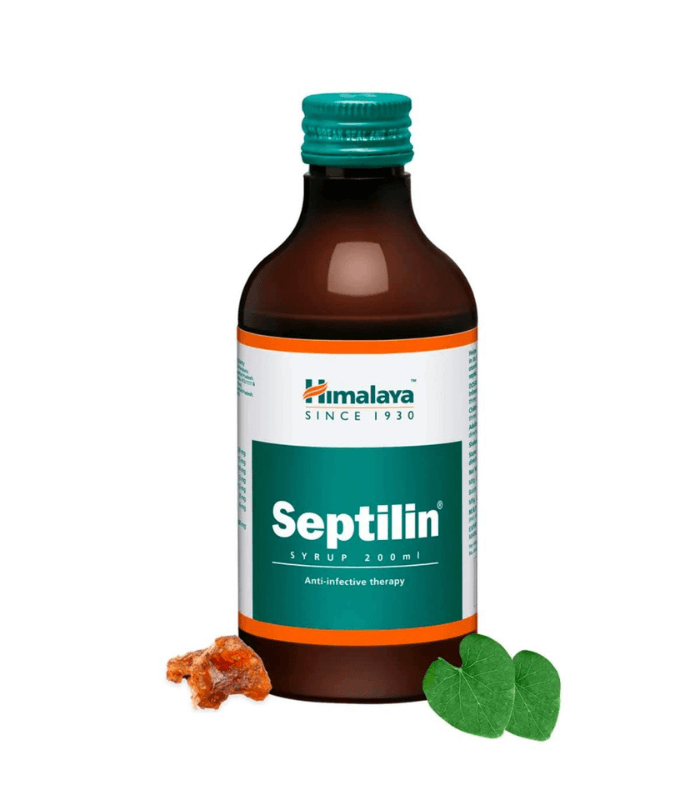 Himalaya Septilin Syrup - 200 ml
₹153
Himalaya Septilin Syrup - 200 ml
₹153
-
 Nisarg Organic Raw Papaya Powder
₹190 – ₹1,420
Nisarg Organic Raw Papaya Powder
₹190 – ₹1,420
-
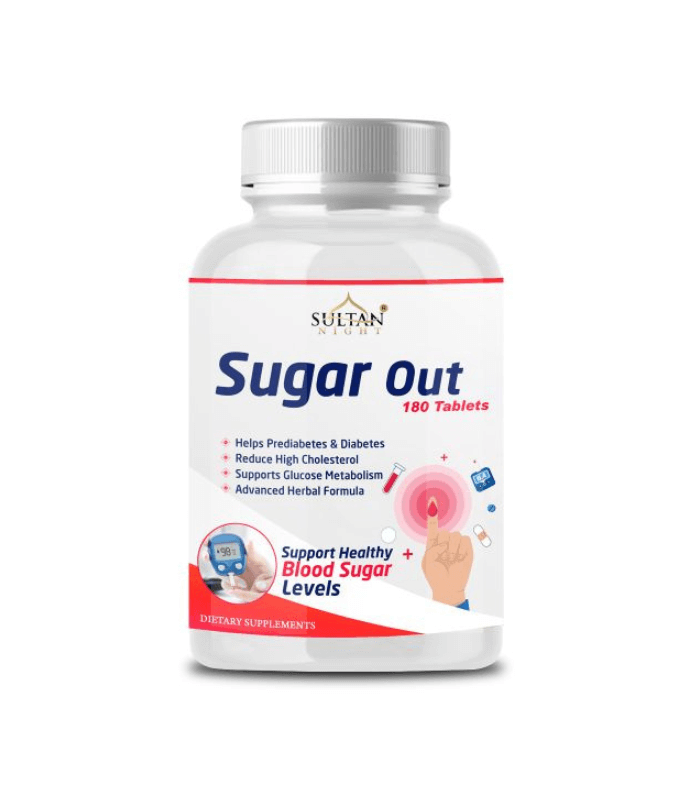 Mahalaxmi Sugar Out Capsules : Diabetes Care & Control Blood Sugar Level - 30 Capsules
₹899
Mahalaxmi Sugar Out Capsules : Diabetes Care & Control Blood Sugar Level - 30 Capsules
₹899 ₹990
On Sale
-
 Zenius B Cute Breast Reduction & Tightening Cream - 50g
₹699
Zenius B Cute Breast Reduction & Tightening Cream - 50g
₹699 ₹1,199 -
 Meru Bio Herb Women Care Collagen - 500gm
₹3,300
Meru Bio Herb Women Care Collagen - 500gm
₹3,300 ₹3,800 -
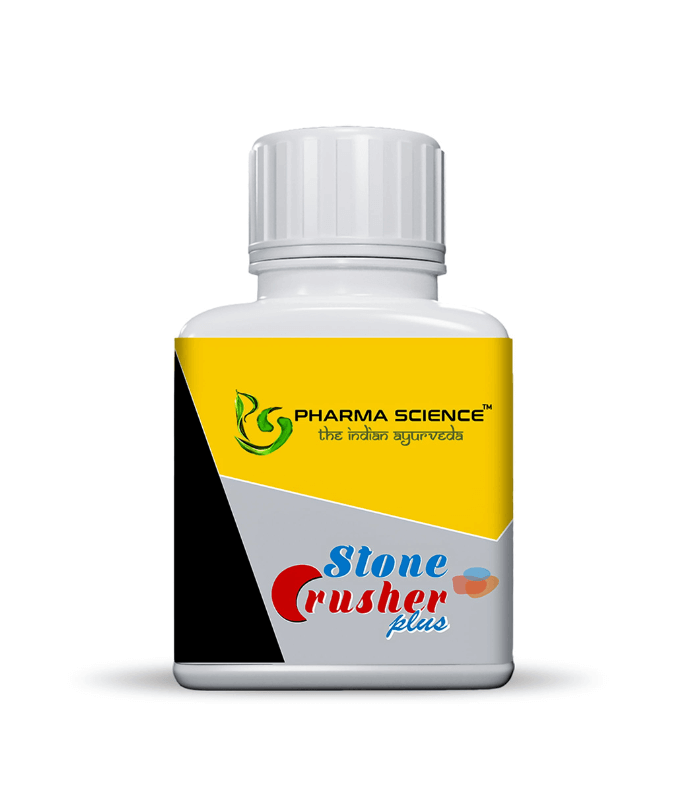 Pharma Science Stone Crusher Plus Ayurvedic Medicine for Kidney Stone Remover -Pack Of 1
₹1,649
Pharma Science Stone Crusher Plus Ayurvedic Medicine for Kidney Stone Remover -Pack Of 1
₹1,649 ₹2,499 -
 MBH Bone Broth Protein Collagen - Whole Food Dietary Supplement - 300 gm
₹3,300
MBH Bone Broth Protein Collagen - Whole Food Dietary Supplement - 300 gm
₹3,300 ₹3,800 -
 Zenius Again Vergin Capsules for women | Moods women sexual wellness (60 Capsules)
₹999
Zenius Again Vergin Capsules for women | Moods women sexual wellness (60 Capsules)
₹999 ₹1,599 -
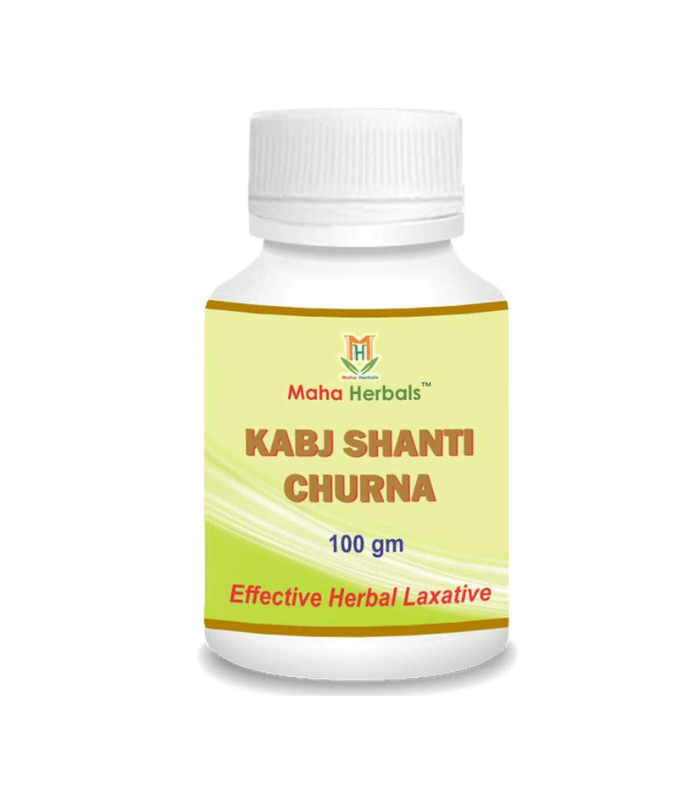 Maha Herbals Kabj Shanti Churna - 100gm
₹98
Maha Herbals Kabj Shanti Churna - 100gm
₹98 ₹108 -
 Mahalaxmi Ashwagandha Capsules - For Increased Stamina & Fatigue Removes - 30 Capsules
₹1,150
Mahalaxmi Ashwagandha Capsules - For Increased Stamina & Fatigue Removes - 30 Capsules
₹1,150 ₹1,250 -
 Colgate ZigZag Toothbrush, 6 Medium Multicolor Soft Tooth brush, Antibacterial with Compact Brush Head for Deep & Complete Cleansing
₹106
Colgate ZigZag Toothbrush, 6 Medium Multicolor Soft Tooth brush, Antibacterial with Compact Brush Head for Deep & Complete Cleansing
₹106 ₹210 -
 R.S. Inc Rimless Glasses Tag eye, Light weight, frame/Spectacle Golden-Brown
Rated 2.67 out of 5₹2,118
R.S. Inc Rimless Glasses Tag eye, Light weight, frame/Spectacle Golden-Brown
Rated 2.67 out of 5₹2,118₹2,648 -
 Mahalaxmi Sultan Night Spray : For Harder & Long-lasting Erection - 20ml
₹1,399
Mahalaxmi Sultan Night Spray : For Harder & Long-lasting Erection - 20ml
₹1,399 ₹1,499 -
 Redex Stylish Rimless Rectangle Eyewear Spectacle for Men & Woman
Rated 3.33 out of 5₹740
Redex Stylish Rimless Rectangle Eyewear Spectacle for Men & Woman
Rated 3.33 out of 5₹740₹4,238 -
 Pre-Seed Personal Lubricant (USA) - Fertility Friendly
₹3,283
Pre-Seed Personal Lubricant (USA) - Fertility Friendly
₹3,283 ₹9,176 -
 Divya Shree Arjuna Capsule Helpful Joint Pain, Eyes Care, Skin Care & Brain Health by Jeevan Care Ayurveda - 800gm
₹899
Divya Shree Arjuna Capsule Helpful Joint Pain, Eyes Care, Skin Care & Brain Health by Jeevan Care Ayurveda - 800gm
₹899 ₹1,399 -
 Listerine Cool Mint Mouthwash 500ml, (Pack of 1)
₹306
Listerine Cool Mint Mouthwash 500ml, (Pack of 1)
₹306 ₹318 -
 Maha Herbals Throat Infection Peace Tablet - 60 Tablets
₹153
Maha Herbals Throat Infection Peace Tablet - 60 Tablets
₹153 ₹180 -
 Vansaar Aloe Vera Tablets - 60 tabs (From the house of Baidyanath) | Helps Rejuvinate Skin & Hair
₹217
Vansaar Aloe Vera Tablets - 60 tabs (From the house of Baidyanath) | Helps Rejuvinate Skin & Hair
₹217 ₹221
Top Rated
-
 Deconstruct Clearing Serum 2% Alpha Arbutin + 5% Niacinamide | Anti - Pigmentation & Tanning Face Serum | 30ml
Rated 5.00 out of 5₹740
Deconstruct Clearing Serum 2% Alpha Arbutin + 5% Niacinamide | Anti - Pigmentation & Tanning Face Serum | 30ml
Rated 5.00 out of 5₹740 -
 Vigini Skin Whitening L Glutathione 500mg Radiance Glowing Body Lightening & Brightening Capsules - Pack of 30 Capsules
Rated 4.67 out of 5₹549
Vigini Skin Whitening L Glutathione 500mg Radiance Glowing Body Lightening & Brightening Capsules - Pack of 30 Capsules
Rated 4.67 out of 5₹549₹1,225 -
 KHADI NATURAL Ayurvedic Herbal Face Wash, 210ml
Rated 4.67 out of 5₹174 – ₹251
KHADI NATURAL Ayurvedic Herbal Face Wash, 210ml
Rated 4.67 out of 5₹174 – ₹251 -
 Vigini Anti-Acne Pimple & Scar, Blackheads, Blemishes Removal Serum for Men & Women - 30ml
Rated 4.67 out of 5₹369
Vigini Anti-Acne Pimple & Scar, Blackheads, Blemishes Removal Serum for Men & Women - 30ml
Rated 4.67 out of 5₹369₹625 -
 Blue Nectar Ayurvedic Sandalwood Face Cream for Skin Brightening & Glowing Skin | Day & Night Face Moisturizer for Daily Use (Women, 13 Herbs 50 g)
Rated 4.67 out of 5₹1,012
Blue Nectar Ayurvedic Sandalwood Face Cream for Skin Brightening & Glowing Skin | Day & Night Face Moisturizer for Daily Use (Women, 13 Herbs 50 g)
Rated 4.67 out of 5₹1,012₹1,367 -
 Urban Yog Nose Strips (4 Strips) Black/Whitehead Remover + BHA Serum to Treat Pores
Rated 4.50 out of 5₹263
Urban Yog Nose Strips (4 Strips) Black/Whitehead Remover + BHA Serum to Treat Pores
Rated 4.50 out of 5₹263 -
 2 Combo Set of Pen Reading Glasses for Near Vision, Tailoring: Power +1.00 +1.25 +1.50 +1.75 +2.00 +2.25 +2.50 +2.75 +3.00
Rated 4.50 out of 5₹463 – ₹478
2 Combo Set of Pen Reading Glasses for Near Vision, Tailoring: Power +1.00 +1.25 +1.50 +1.75 +2.00 +2.25 +2.50 +2.75 +3.00
Rated 4.50 out of 5₹463 – ₹478 -
 Lotus Herbals Youthrx Anti Ageing Crème SPF 25 Pa+++ Preservative Free
Rated 4.33 out of 5₹780
Lotus Herbals Youthrx Anti Ageing Crème SPF 25 Pa+++ Preservative Free
Rated 4.33 out of 5₹780 -
 Vigini Anti-Acne Gel with Honey & Cinnamon | Removes Scars Pits from Pimple Prone Oily Skin - 50g
Rated 4.33 out of 5₹369
Vigini Anti-Acne Gel with Honey & Cinnamon | Removes Scars Pits from Pimple Prone Oily Skin - 50g
Rated 4.33 out of 5₹369₹625 -
 Vigini Foaming, Toning, Cleansing Face Wash & Serum Combo | Reduces Blackheads & Redness
Rated 4.33 out of 5₹698
Vigini Foaming, Toning, Cleansing Face Wash & Serum Combo | Reduces Blackheads & Redness
Rated 4.33 out of 5₹698₹1,050 -
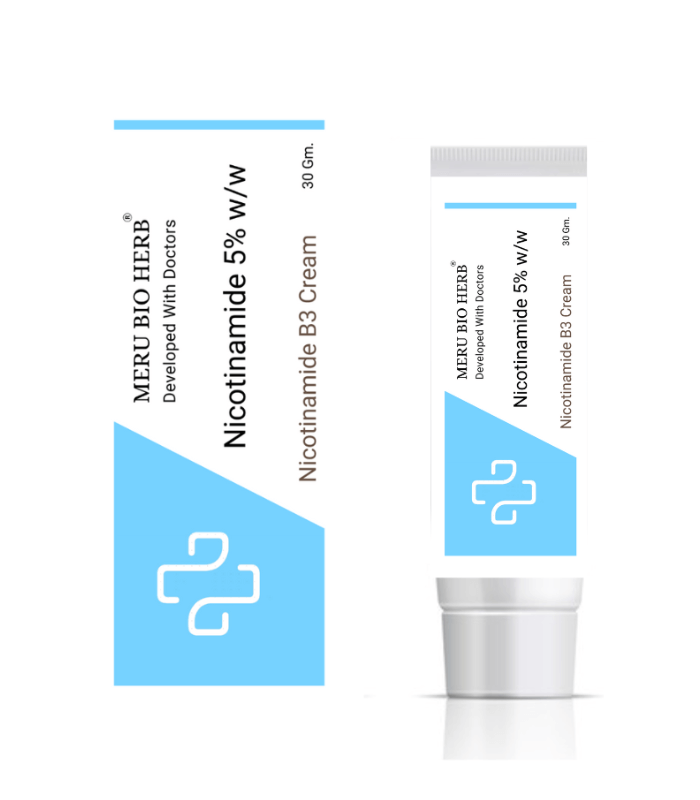 Nicotinamide Cream 5% w/w - 30g
Rated 4.33 out of 5₹400
Nicotinamide Cream 5% w/w - 30g
Rated 4.33 out of 5₹400₹600 -
 Bella Vita Organic De Tan Removal Face Pack For Glowing Skin, Oil Control, Acne, Pimples, Anti Blemishes, Pigmentation, Tanning & Brightening, 100 gms
Rated 4.33 out of 5₹528
Bella Vita Organic De Tan Removal Face Pack For Glowing Skin, Oil Control, Acne, Pimples, Anti Blemishes, Pigmentation, Tanning & Brightening, 100 gms
Rated 4.33 out of 5₹528 -
 Nisarg Organic Hemoglobin Supplements Powder
Rated 4.33 out of 5₹340 – ₹2,920
Nisarg Organic Hemoglobin Supplements Powder
Rated 4.33 out of 5₹340 – ₹2,920 -
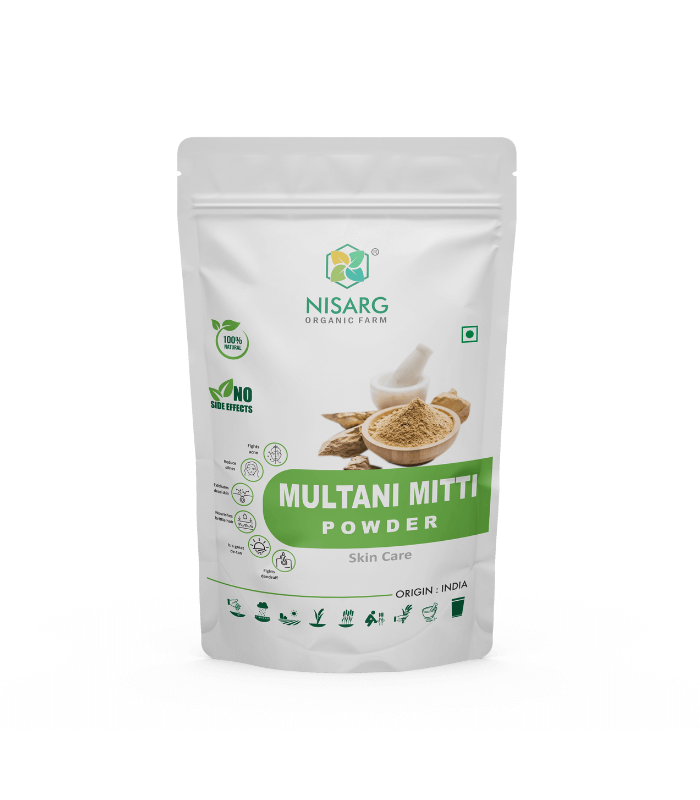 Nisarg Organic Multani Mitti
Rated 4.33 out of 5₹130 – ₹820
Nisarg Organic Multani Mitti
Rated 4.33 out of 5₹130 – ₹820 -
 Weheal Evening Primrose Oil 1000MG- Women's Health (60 Softgel Capsules)
Rated 4.33 out of 5₹1,270
Weheal Evening Primrose Oil 1000MG- Women's Health (60 Softgel Capsules)
Rated 4.33 out of 5₹1,270 -
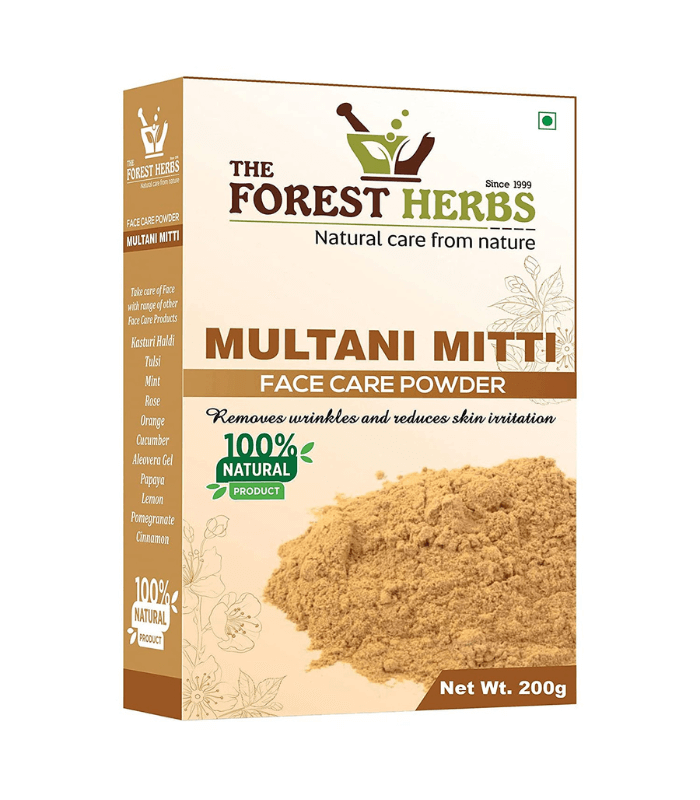 Multani Mitti Powder (Fullers Earth /Calcium Bentonite Clay) for Face & Hair - 200Gms
Rated 4.33 out of 5₹168
Multani Mitti Powder (Fullers Earth /Calcium Bentonite Clay) for Face & Hair - 200Gms
Rated 4.33 out of 5₹168





